Portable water heaters are a convenient and versatile solution for providing hot water in various situations. Whether you are camping, in an emergency situation, or in a remote location, a portable water heater can ensure that you have access to hot water whenever you need it. In this article, we will explore what portable water heaters are, how they work, the benefits of using them, the different types available, factors to consider when choosing one, installation and maintenance tips, applications of portable water heaters, and safety tips for using them.
Key Takeaways
- Portable water heaters are a convenient solution for providing hot water in various situations.
- They work by heating water using different fuel types and can be easily transported due to their compact size.
- Using a portable water heater offers benefits such as energy efficiency, cost savings, and convenience.
- There are different types of portable water heaters available, including tankless, propane, and solar-powered.
- When choosing a portable water heater, consider factors such as size and portability, fuel type, water capacity, and safety features.
What is a Portable Water Heater?
How does a Portable Water Heater work?
A Portable Water Heater is a compact and portable device that heats water for various purposes. It is designed to provide hot water on demand, making it convenient for outdoor activities, camping trips, and emergency situations.
Portable Water Heaters work by utilizing a heating element, such as a propane burner or an electric coil, to heat the water. The heating element is powered by a fuel source, such as propane or electricity, and it transfers heat to the water through a heat exchanger. As the water passes through the heat exchanger, it absorbs the heat and becomes hot.
One important aspect to consider when using a Portable Water Heater is the installation process. It is crucial to follow the manufacturer's instructions and ensure that the unit is properly installed to prevent any accidents or malfunctions. Additionally, regular maintenance is essential to keep the Portable Water Heater in good working condition and prolong its lifespan.
When it comes to installation, it is recommended to consult a professional if you are unsure about the process. They can provide guidance and ensure that the Portable Water Heater is installed correctly and safely.
In summary, Portable Water Heaters are efficient and convenient devices that provide hot water on the go. They work by heating water through a heating element powered by a fuel source. Proper installation and maintenance are important for safe and optimal performance.
Benefits of using a Portable Water Heater
Portable water heaters offer several advantages for users. They are compact and lightweight, making them easy to transport and store. With a portable water heater, you can enjoy hot water wherever you go, whether it's for camping, outdoor activities, or remote locations. These heaters are also energy-efficient, providing hot water on demand without the need for a tank. Additionally, they offer flexibility in terms of fuel type, allowing you to choose between propane, natural gas, or electric options. This versatility ensures that you can find a portable water heater that suits your specific needs and preferences.
Types of Portable Water Heaters
There are several types of portable water heaters available in the market. Each type has its own unique features and advantages. One popular type is the tankless portable water heater, which provides hot water on demand without the need for a storage tank. This type of water heater is compact and lightweight, making it ideal for camping trips and other outdoor activities. Another type is the propane portable water heater, which uses propane gas as a fuel source. This type of water heater is commonly used in recreational vehicles and remote locations where access to electricity may be limited. The electric portable water heater is another option, which is powered by electricity and can be easily plugged into a standard outlet. This type of water heater is convenient for indoor use and is often used in small apartments or cabins. Overall, the choice of portable water heater depends on individual needs and preferences.
Factors to Consider when Choosing a Portable Water Heater

Size and Portability
When choosing a portable water heater, one important factor to consider is its size and portability . The size of the water heater will determine how easy it is to transport and store. A compact and lightweight water heater is ideal for outdoor activities such as camping and outdoor cooking . It should be small enough to fit in your backpack or car trunk without taking up too much space. Portability is also important for emergency situations or remote locations where access to hot water may be limited. A portable water heater that is easy to carry and set up can provide hot water wherever you need it.
Fuel Type
When choosing a portable water heater, one important factor to consider is the fuel type. Portable water heaters are available in various fuel options, including propane, electric, and dual fuel . Propane-powered water heaters are popular for their portability and convenience, as they can be used in outdoor settings where electricity may not be readily available. Electric water heaters, on the other hand, are ideal for indoor use and are often more energy-efficient. Dual fuel water heaters offer the flexibility of using either propane or electricity, depending on the availability and preference of the user. This makes them a versatile choice for different situations and locations.
Water Capacity
Water capacity is an important factor to consider when choosing a portable water heater. It determines how much water the heater can hold and heat at a time. The larger the water capacity, the more water you can heat without needing to refill the heater frequently. This is especially beneficial for longer camping trips or situations where a continuous supply of hot water is needed. However, it's important to note that a larger water capacity may also mean a heavier and bulkier portable water heater, which can affect its portability features . Therefore, it's essential to find a balance between water capacity and portability based on your specific needs and preferences.
Safety Features
When choosing a portable water heater, it is important to consider the safety features that are included. These features are designed to ensure the safe operation of the heater and to prevent accidents or injuries. Some of the key safety features to look for include automatic shut-off valves, overheat protection, and flame failure protection. These features help to minimize the risk of fire, explosion, or other hazards. Additionally, portable water heaters may have built-in safety mechanisms such as pressure relief valves and leak detection systems to further enhance safety. It is crucial to carefully read the product manual and follow all safety instructions provided by the manufacturer to ensure the safe use of the portable water heater.
Installation and Maintenance of Portable Water Heaters

Installation Process
The installation process of a portable water heater is straightforward and can be done by anyone with basic plumbing skills. First, ensure that you have all the necessary tools and materials, including a wrench, pipe tape, and a water hose. Carefully read the manufacturer's instructions before starting the installation. One important step is to check the water heater's compatibility with your power source. Some portable water heaters are designed for Camping, meaning they can operate without being connected to an electrical grid. If you plan on using the water heater in remote locations, this feature is essential. Once you have gathered all the necessary tools and materials, follow these steps to install the portable water heater:
- Turn off the water supply and drain any remaining water from the pipes.
- Attach the water hose to the water inlet of the heater and secure it with a wrench.
- Connect the heater to the power source, either through an electrical outlet or a propane tank.
- Turn on the water supply and check for any leaks.
- Adjust the temperature settings according to your preference.
Remember to follow all safety precautions and guidelines provided by the manufacturer during the installation process.
Maintenance Tips
Proper maintenance is crucial for ensuring the longevity and efficient performance of your portable water heater. Here are some essential maintenance tips to keep in mind:
- Regularly clean the water heater to remove any sediment or mineral buildup that can affect its performance.
- Check the pressure relief valve periodically to ensure it is functioning properly.
- Inspect the gas or electrical connections for any signs of damage or leaks.
- Test the temperature and pressure settings to ensure they are within the recommended range.
- Replace any worn-out or damaged parts promptly to prevent further issues.
Remember, proper maintenance not only extends the lifespan of your portable water heater but also ensures safe and reliable operation.
Common Issues and Troubleshooting
When it comes to portable water heaters, there are a few common issues that users may encounter. One of these issues is the fueling of tankless water heaters. It is important to ensure that the fuel source is compatible with the specific model of the portable water heater. Using the wrong type of fuel can lead to inefficiency and potential damage to the heater. It is recommended to refer to the manufacturer's instructions or consult a professional for guidance on the appropriate fueling method. By following the correct fueling procedures, users can maximize the performance and lifespan of their portable water heaters.
Applications of Portable Water Heaters

Camping and Outdoor Activities
When it comes to camping and outdoor activities , a portable water heater can be a game-changer. Whether you're camping in the wilderness or enjoying a day at the beach, having access to hot water can greatly enhance your experience. Portable water heaters are compact and lightweight, making them easy to transport and set up in any outdoor setting. They are powered by various fuel sources, including propane burners , which provide efficient heating for your water needs.
Emergency Situations
In emergency situations, a portable water heater can be a lifesaver. Whether you're stranded in a remote location or facing a natural disaster, having access to hot water is crucial for hygiene and comfort. Portable water heaters are designed to be compact and easy to use, making them ideal for emergency situations. They can quickly heat water using various fuel sources, such as propane or electricity. With their portable design, you can easily transport them to different locations and set them up quickly. In addition, portable water heaters often come with safety features like automatic shut-off and temperature control, ensuring that you can use them safely even in stressful situations.
Remote Locations
Portable water heaters are not only useful for camping and outdoor activities, but they also come in handy in emergency situations and remote locations. In remote locations where access to a traditional water heater may be limited or non-existent, a portable water heater provides a convenient solution. Whether you are a camping-cariste débutant or an experienced outdoor enthusiast , having a portable water heater can greatly enhance your comfort and convenience. It allows you to have hot water for cooking, cleaning, and bathing, making your time in remote locations more enjoyable.
Tips for Using a Portable Water Heater Safely

Proper Ventilation
Proper ventilation is essential when using a portable water heater. It ensures the safe operation of the heater and prevents the buildup of harmful gases such as carbon monoxide. When using a chauffe-eau à gaz (gas water heater), it is important to have adequate ventilation to allow the exhaust gases to escape. This can be achieved by opening windows or using ventilation fans. It is also important to avoid using the heater in enclosed spaces without proper ventilation, as this can lead to a dangerous buildup of gases. Always prioritize safety and ensure proper ventilation when using a portable water heater.
Temperature Control
Temperature control is a crucial feature of portable water heaters. It allows users to adjust the temperature of the water according to their needs. With precise temperature control, you can enjoy a hot shower or use hot water for various purposes. Portable water heaters often come with temperature control knobs or buttons that make it easy to set the desired temperature. This feature ensures that you can have hot water whenever and wherever you need it, whether you're camping, in an emergency situation, or in a remote location.
Water Source
When using a portable water heater, it is important to consider the water source . Portable water heaters are designed to work with different water sources, including tap water, well water, and even water from natural sources such as rivers or lakes. However, it is crucial to ensure that the water source is clean and free from contaminants. Electric water heating is a popular choice for portable water heaters as it provides a convenient and efficient way to heat water . It is important to follow the manufacturer's instructions for connecting the portable water heater to the water source to ensure proper operation and avoid any potential issues.
Electrical Safety
When using a portable water heater, it is important to prioritize electrical safety . This is especially crucial when using the heater indoors . Here are some key points to keep in mind:
- Always ensure that the electrical connections are secure and properly grounded.
- Avoid using extension cords or power strips, as they can overload the circuit and pose a fire hazard.
- Regularly inspect the power cord for any signs of damage or wear.
- Keep the heater away from water sources to prevent electrical shock.
Remember, safety should always be the top priority when using any electrical appliance, including portable water heaters.
Portable water heaters are a convenient and essential tool for outdoor enthusiasts. Whether you're camping, hiking, or enjoying a day at the beach , having a portable water heater can enhance your experience. However, it's important to use them safely to prevent accidents and ensure your well-being. At Camplux, we understand the importance of safety when using portable water heaters. That's why we have compiled a list of tips to help you use your portable water heater safely. From proper installation to regular maintenance, our tips cover everything you need to know. So, if you're planning your next adventure and need a reliable and safe portable water heater, visit Camplux. With our top-rated tankless water heaters, you can take on nature with confidence. Don't compromise on safety, choose Camplux for all your portable water heater needs.
Conclusion
In conclusion, portable water heaters are a convenient and efficient solution for various situations. They provide instant hot water wherever you need it, whether it's for camping, outdoor activities, or emergency situations. With their compact size and easy installation, portable water heaters offer flexibility and convenience . Additionally, they are energy-efficient and can help save on electricity or gas bills. However, it's important to consider factors such as safety precautions and maintenance to ensure the longevity and optimal performance of the portable water heater. Overall, investing in a portable water heater can greatly enhance your comfort and convenience in various settings.
Frequently Asked Questions
1. Can a portable water heater be used for showers?
Yes, portable water heaters are designed to provide hot water for various applications, including showers.
2. How long does it take for a portable water heater to heat up water?
The heating time can vary depending on the type and capacity of the portable water heater. On average, it takes around 10-15 minutes to heat up the water.
3. Are portable water heaters energy-efficient?
Yes, portable water heaters are generally energy-efficient as they only heat the amount of water needed, reducing energy wastage.
4. Can a portable water heater be used with any water source?
Portable water heaters can be used with various water sources, including tap water, buckets, and even natural water sources like rivers or lakes.
5. Are portable water heaters safe to use indoors?
Portable water heaters can be used indoors, but it is important to ensure proper ventilation to prevent the buildup of carbon monoxide.
6. How often should a portable water heater be maintained?
Regular maintenance is recommended to ensure the optimal performance of a portable water heater. It is advised to follow the manufacturer's guidelines for maintenance.

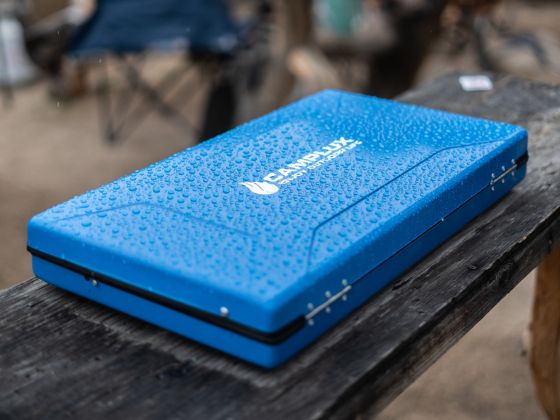
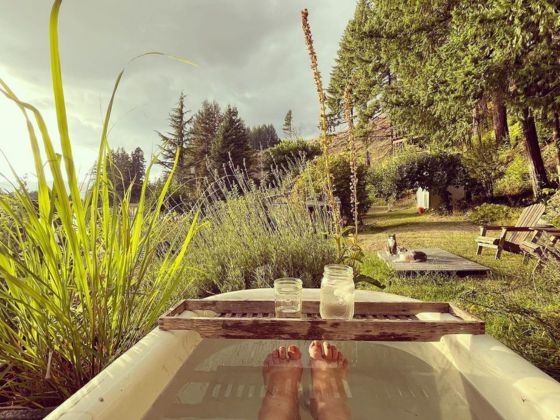
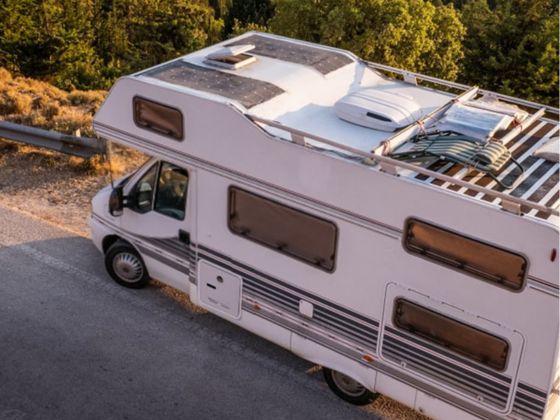
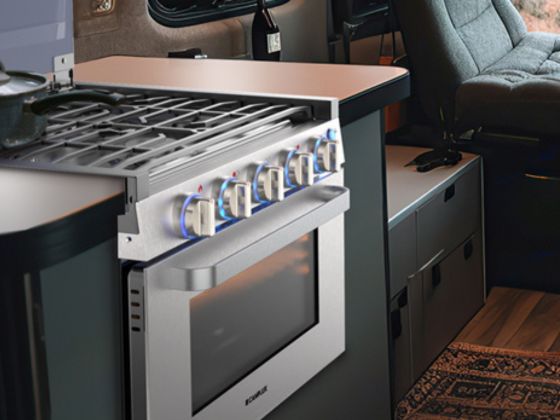
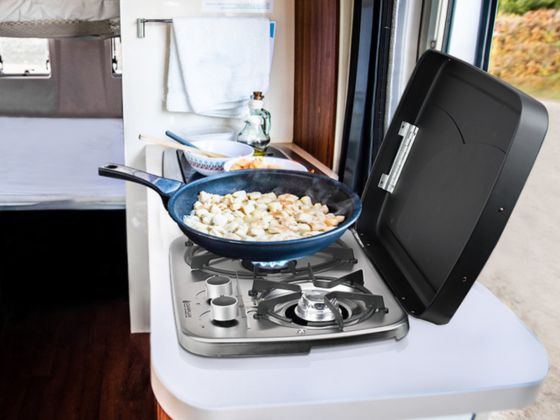
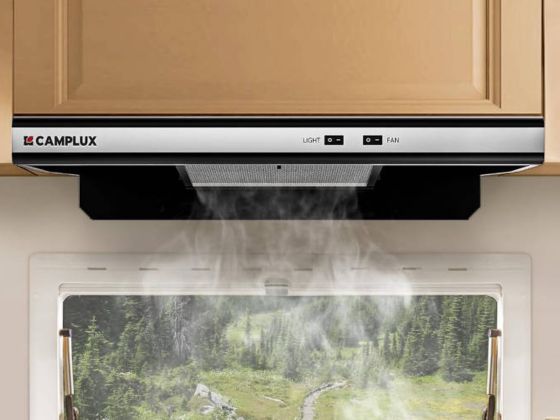
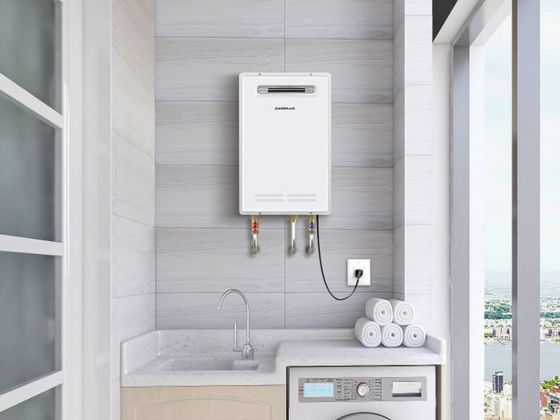
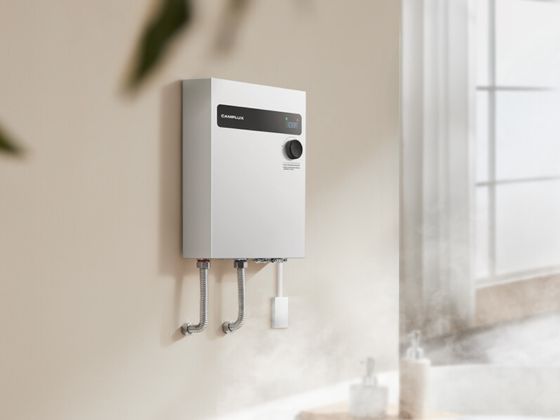
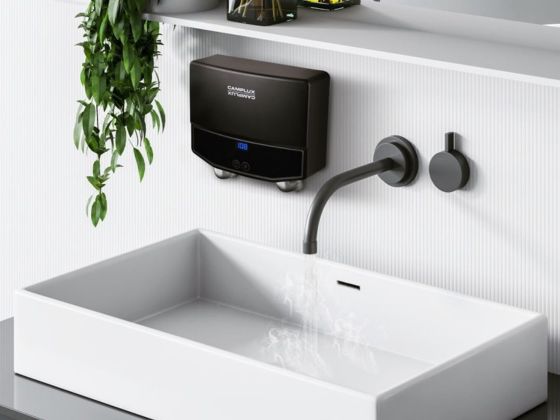


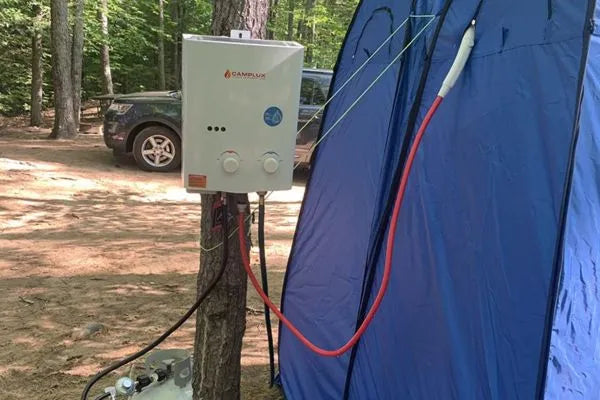


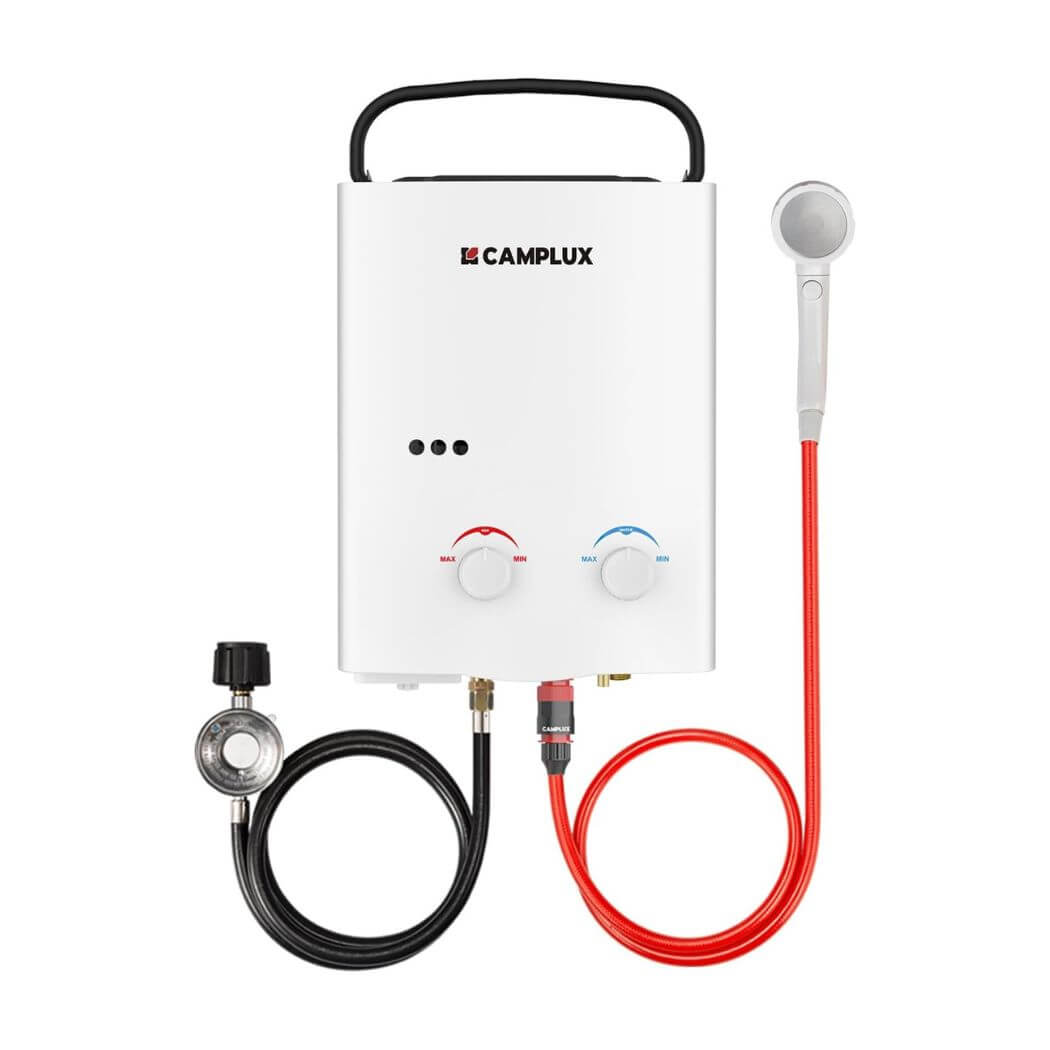
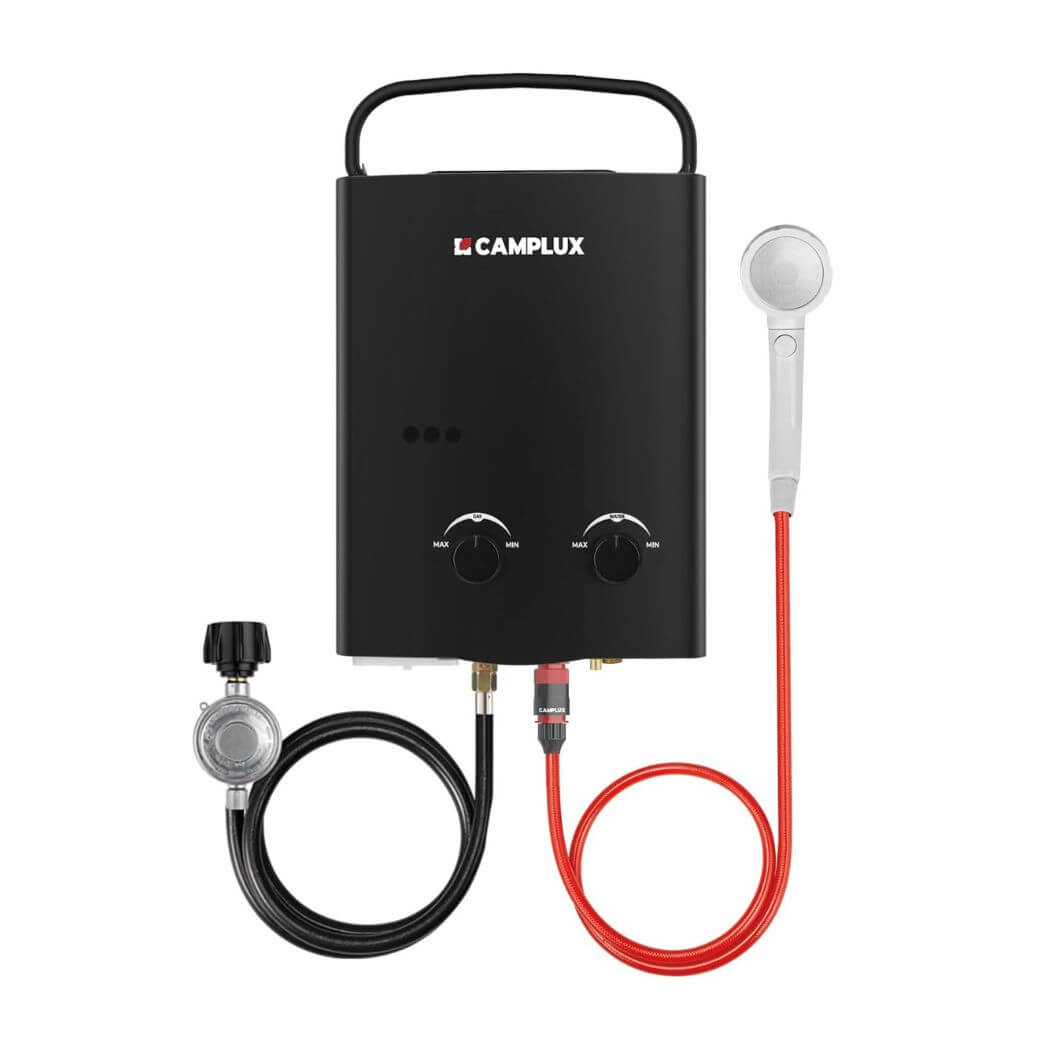
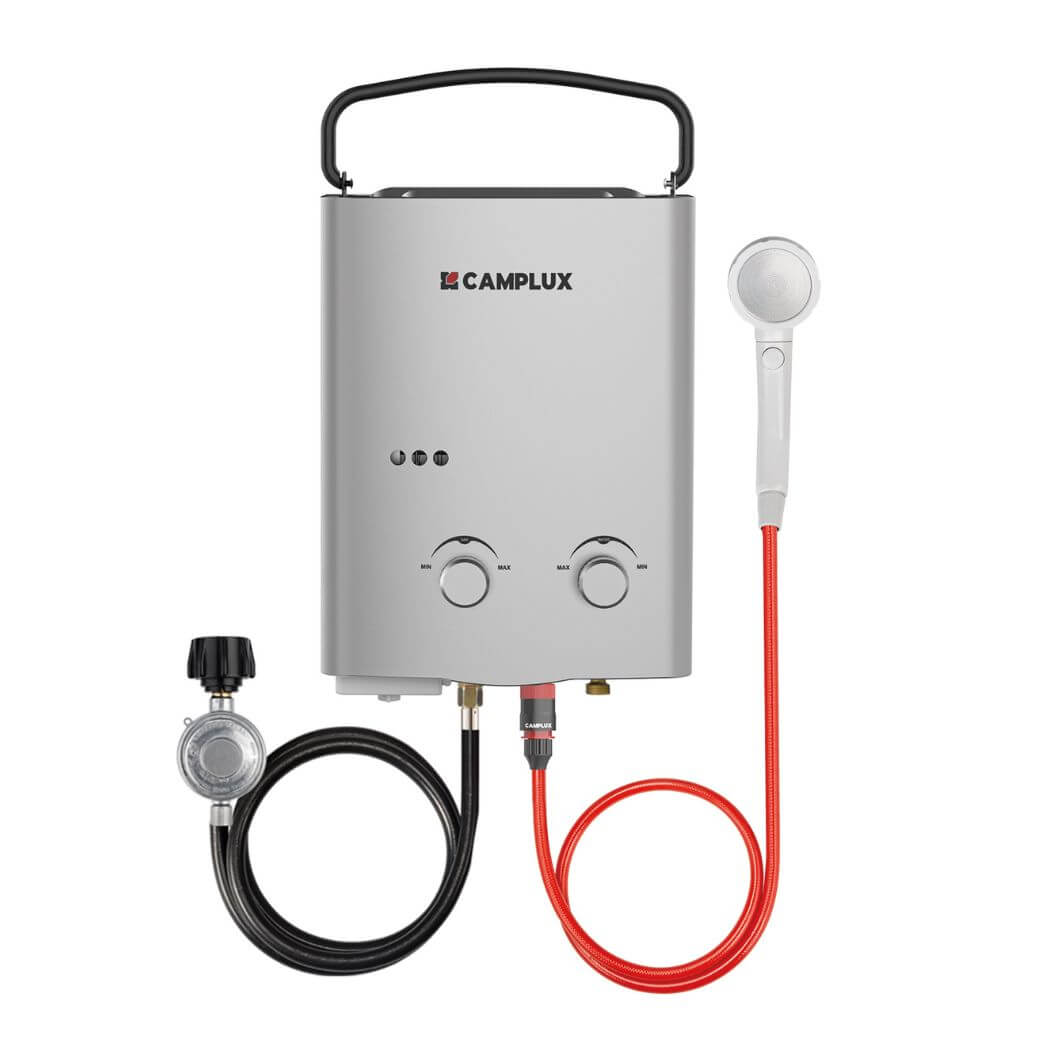
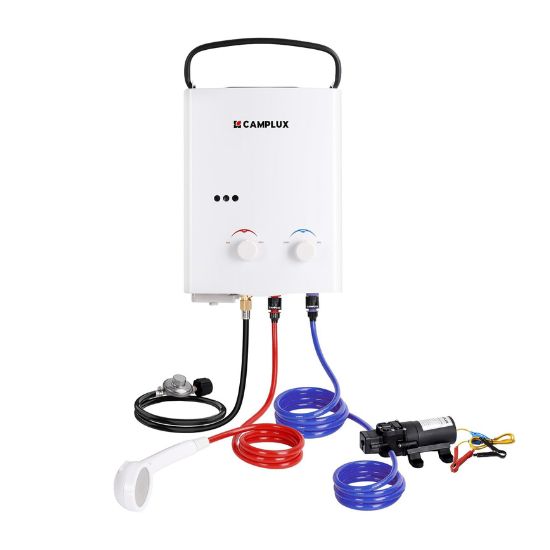
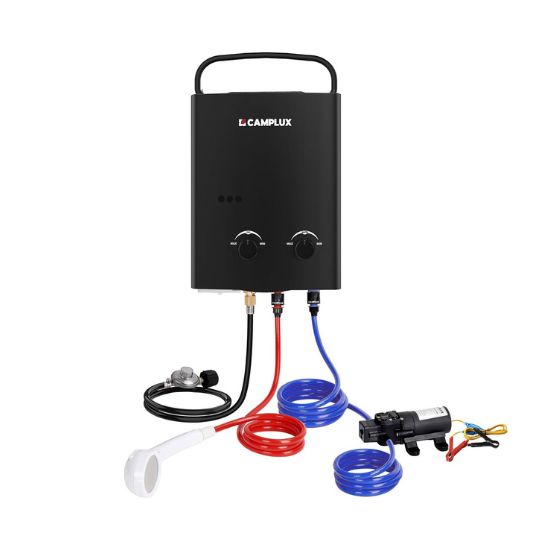
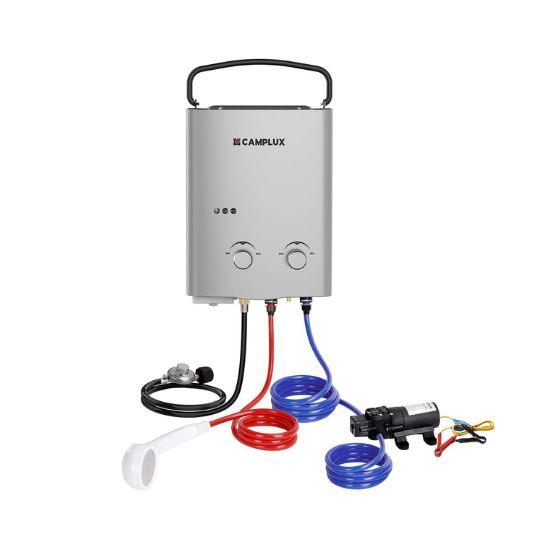
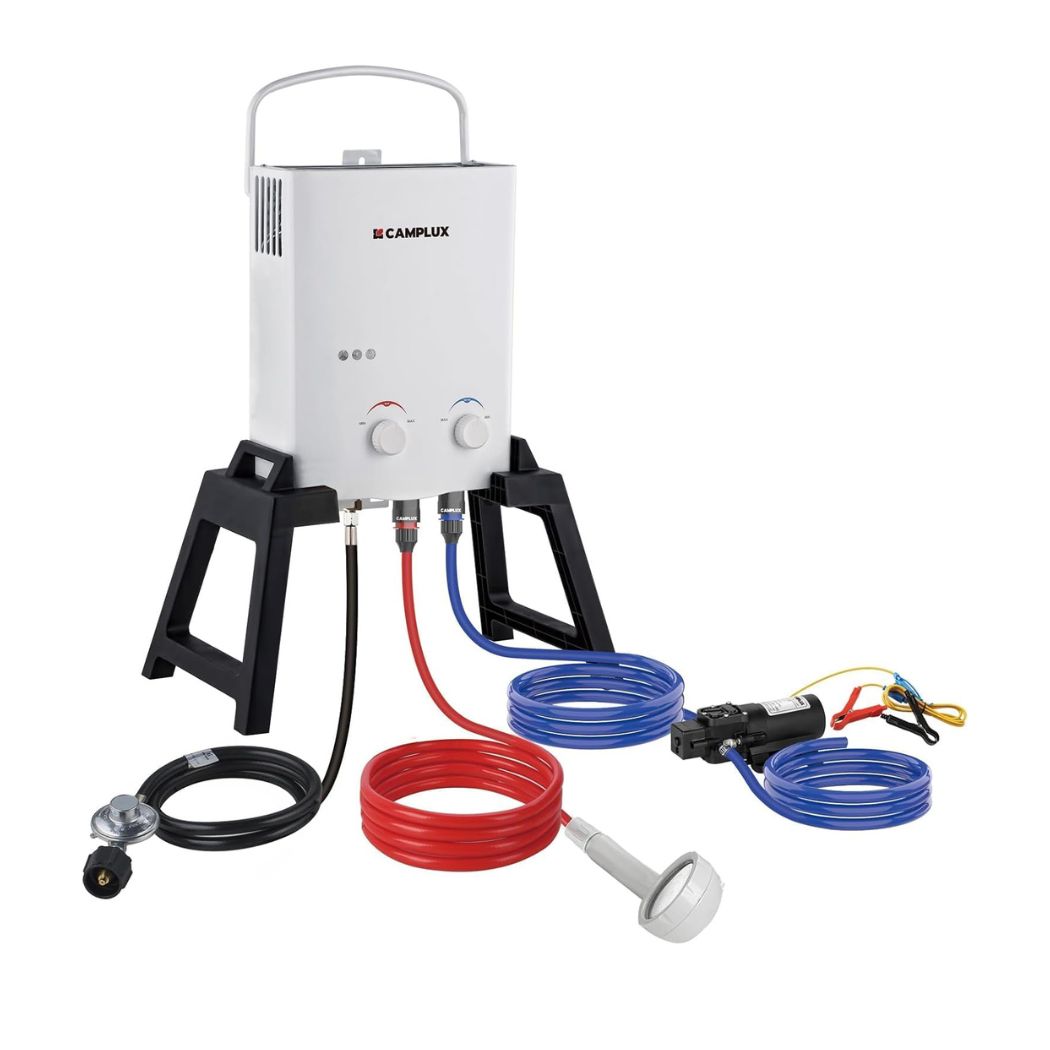
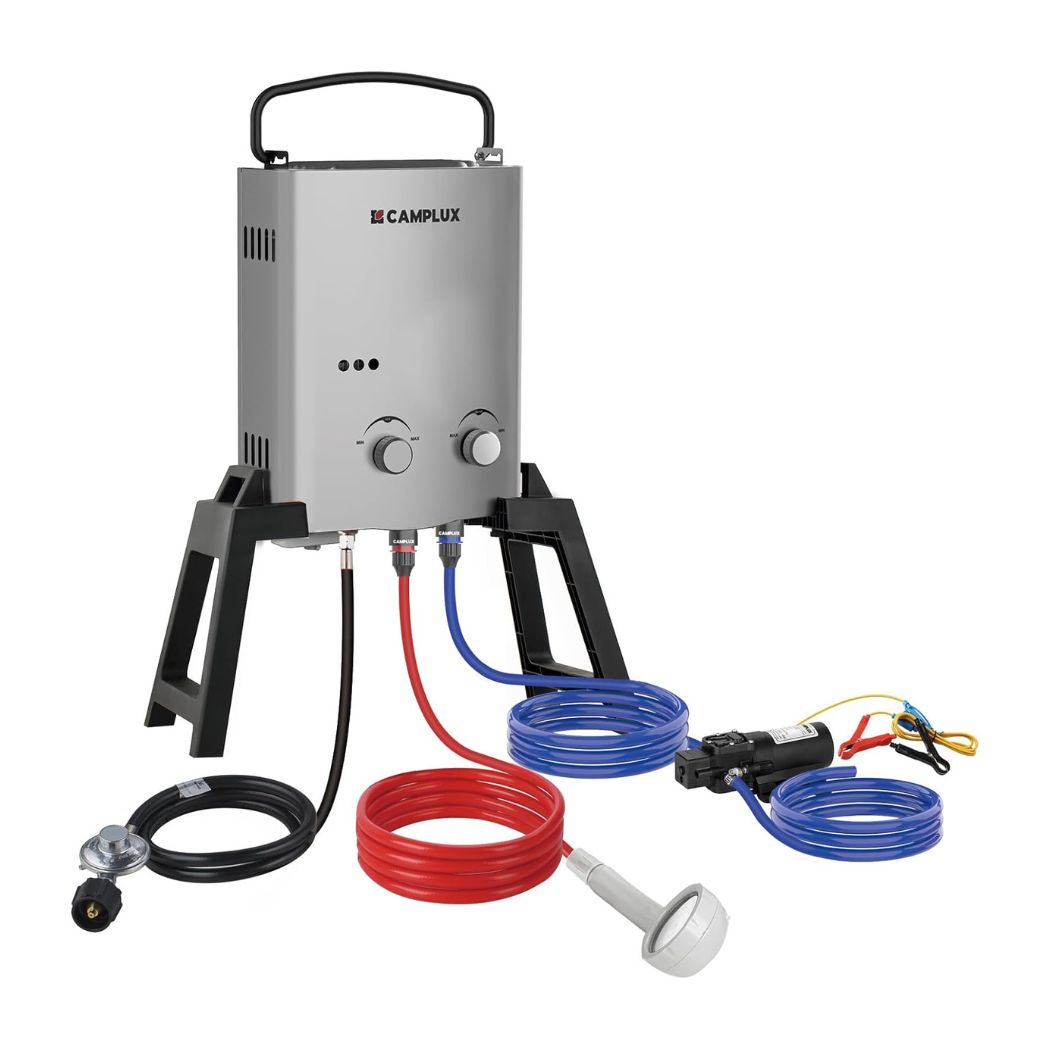
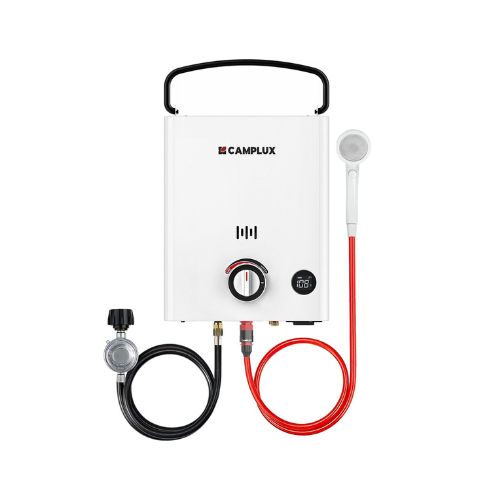
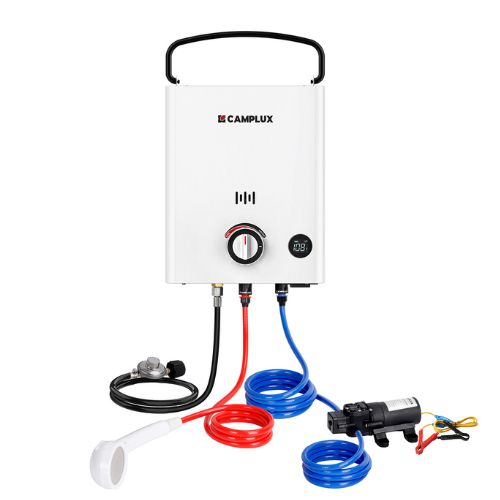
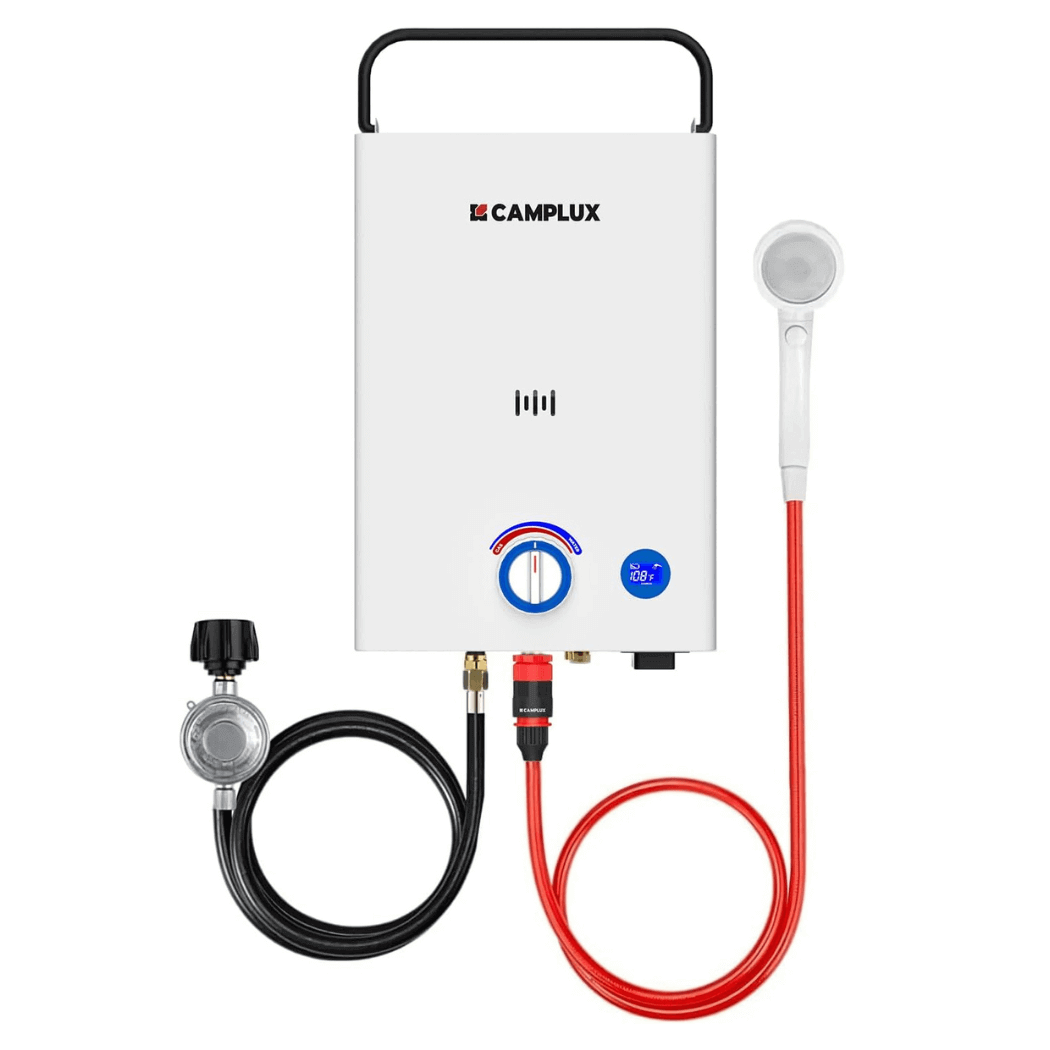
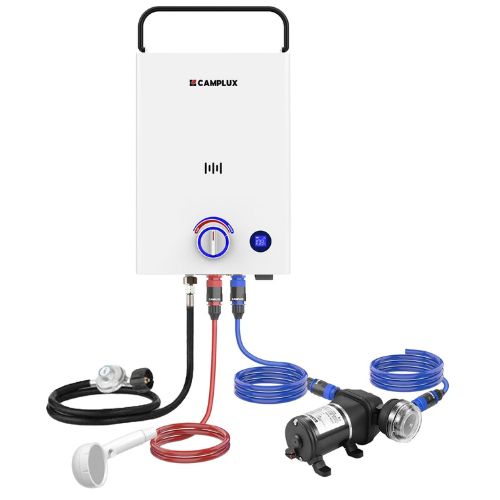
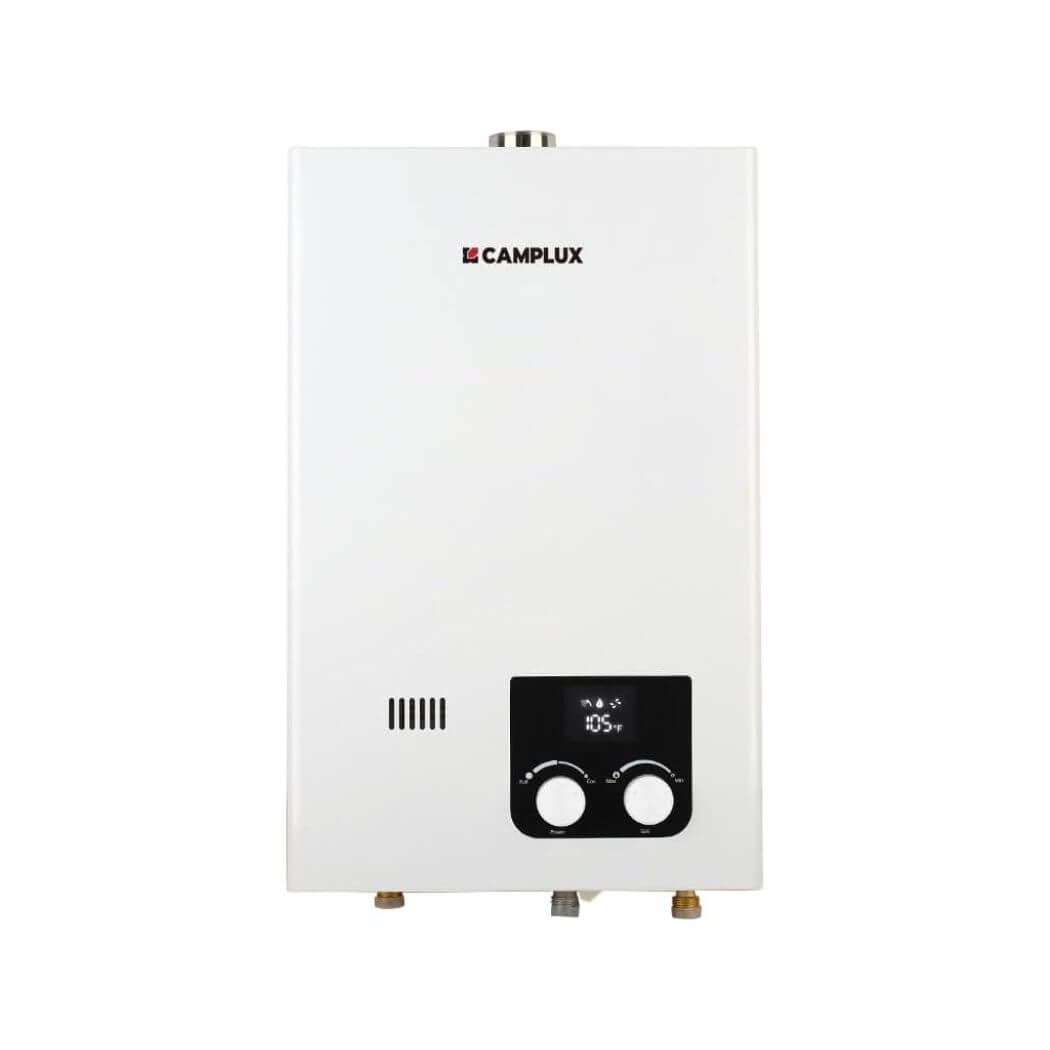
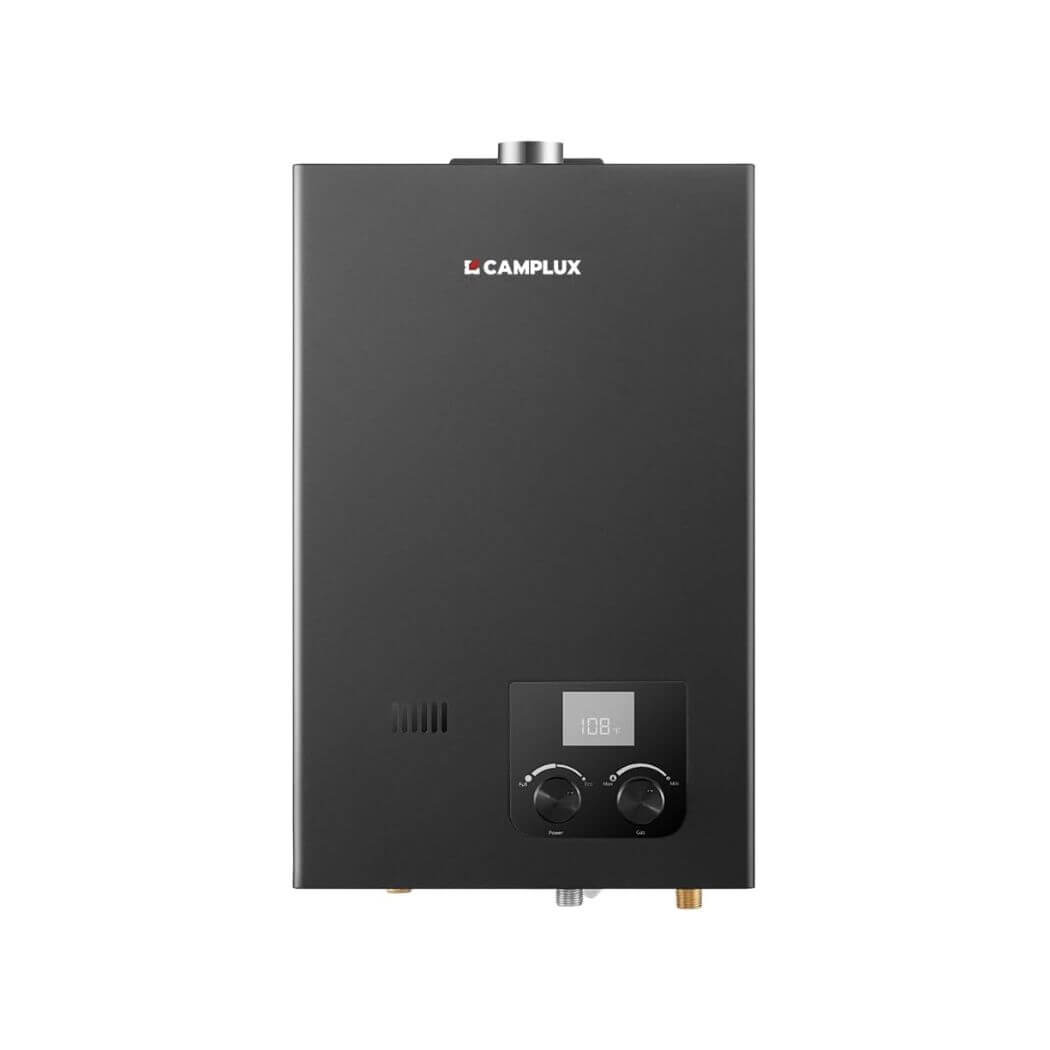
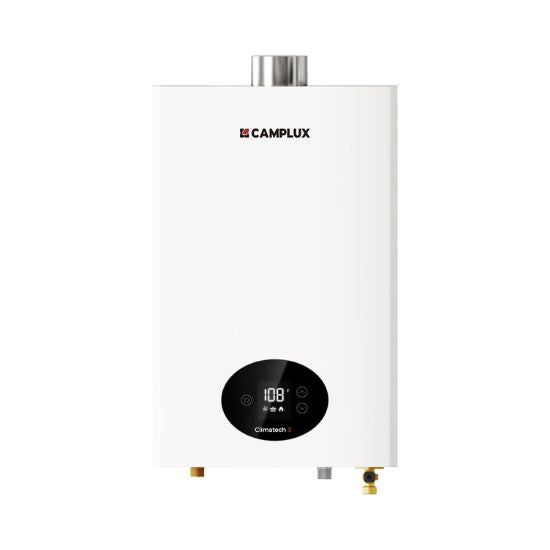
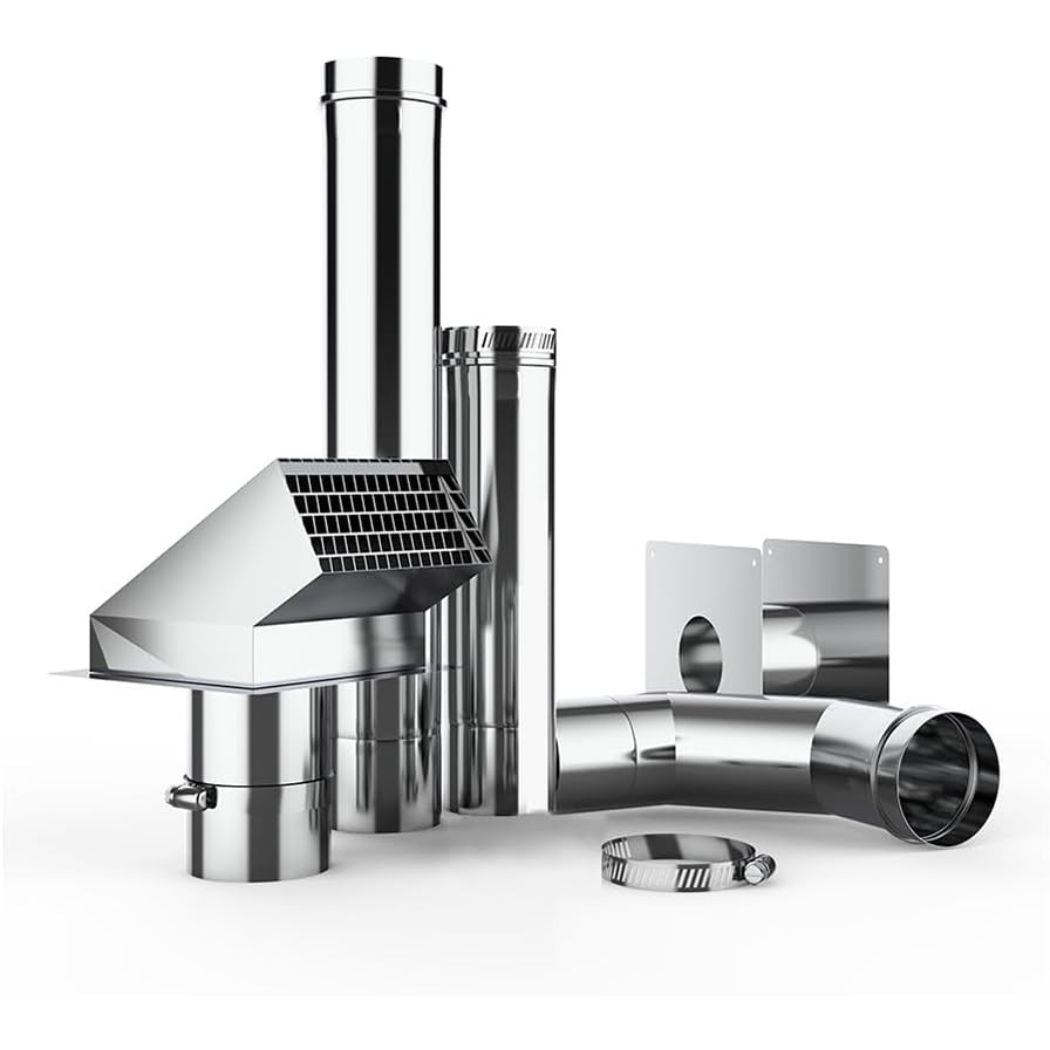
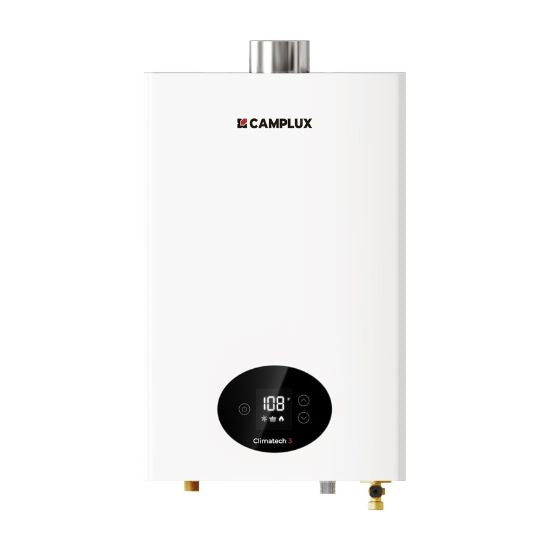
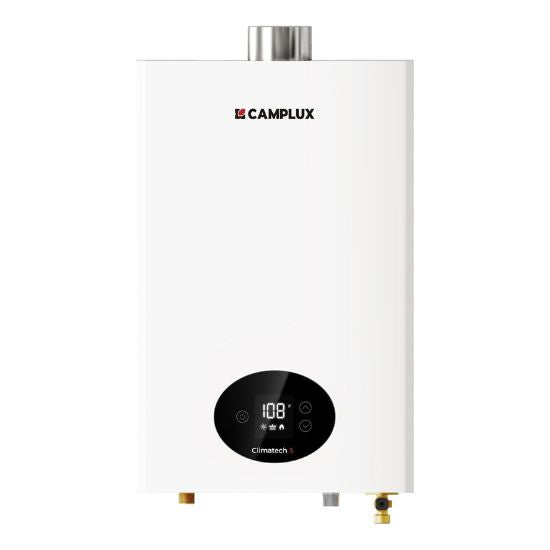
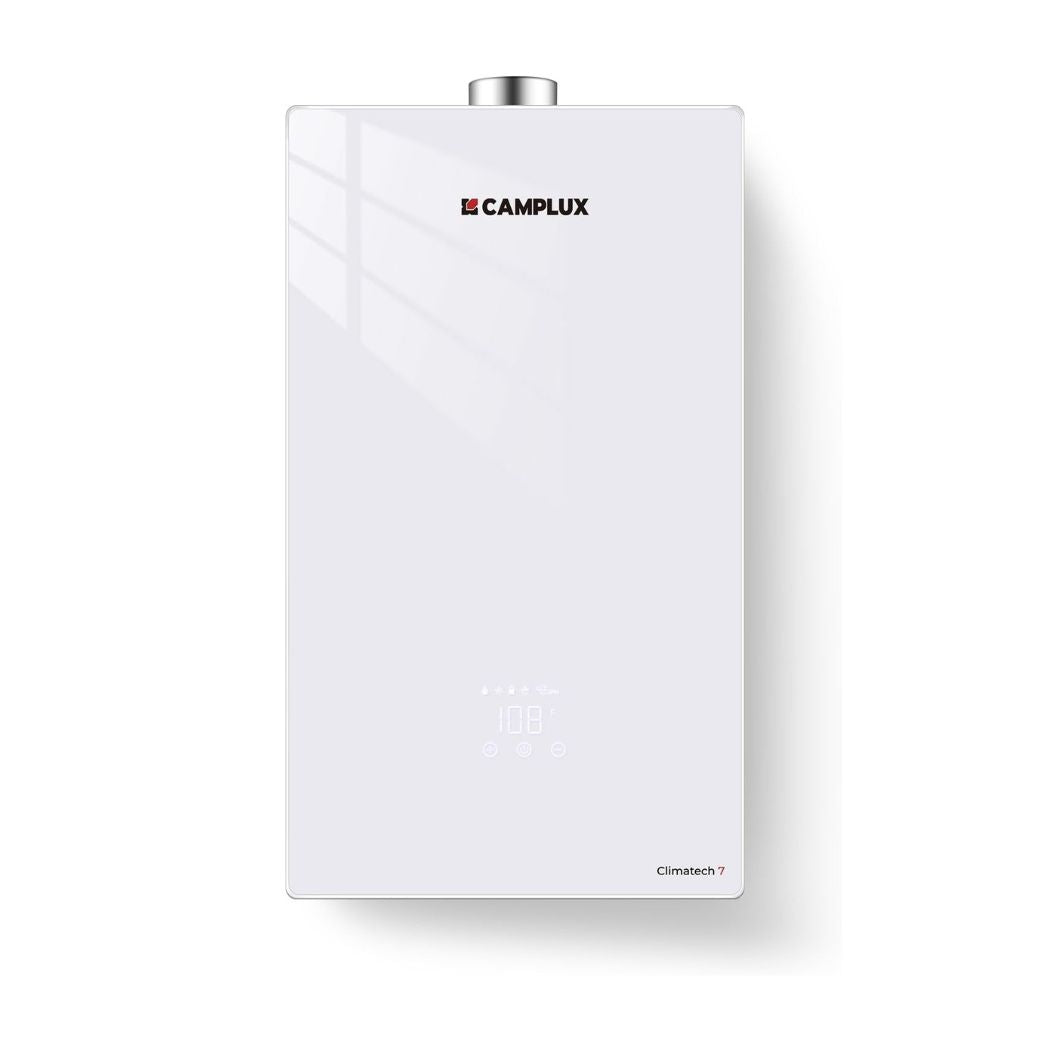
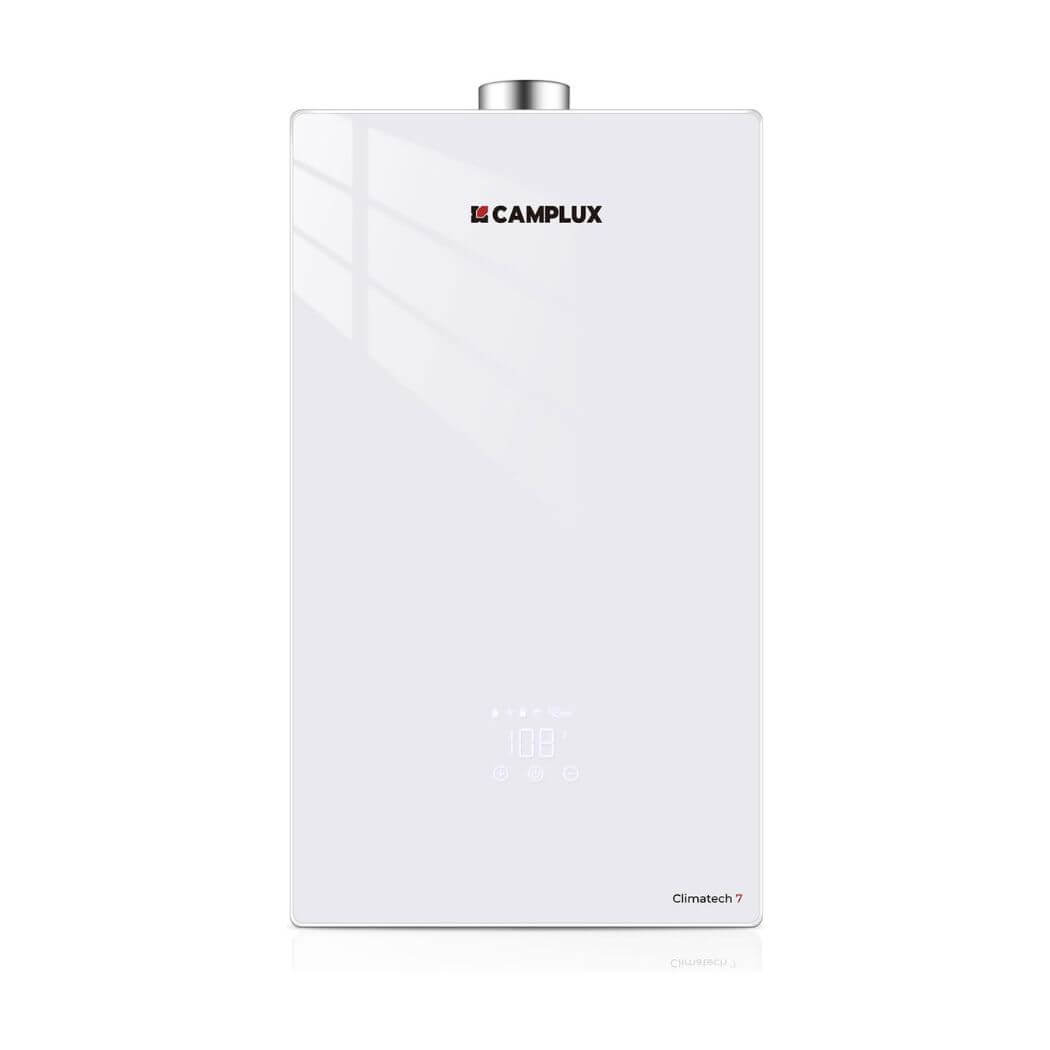
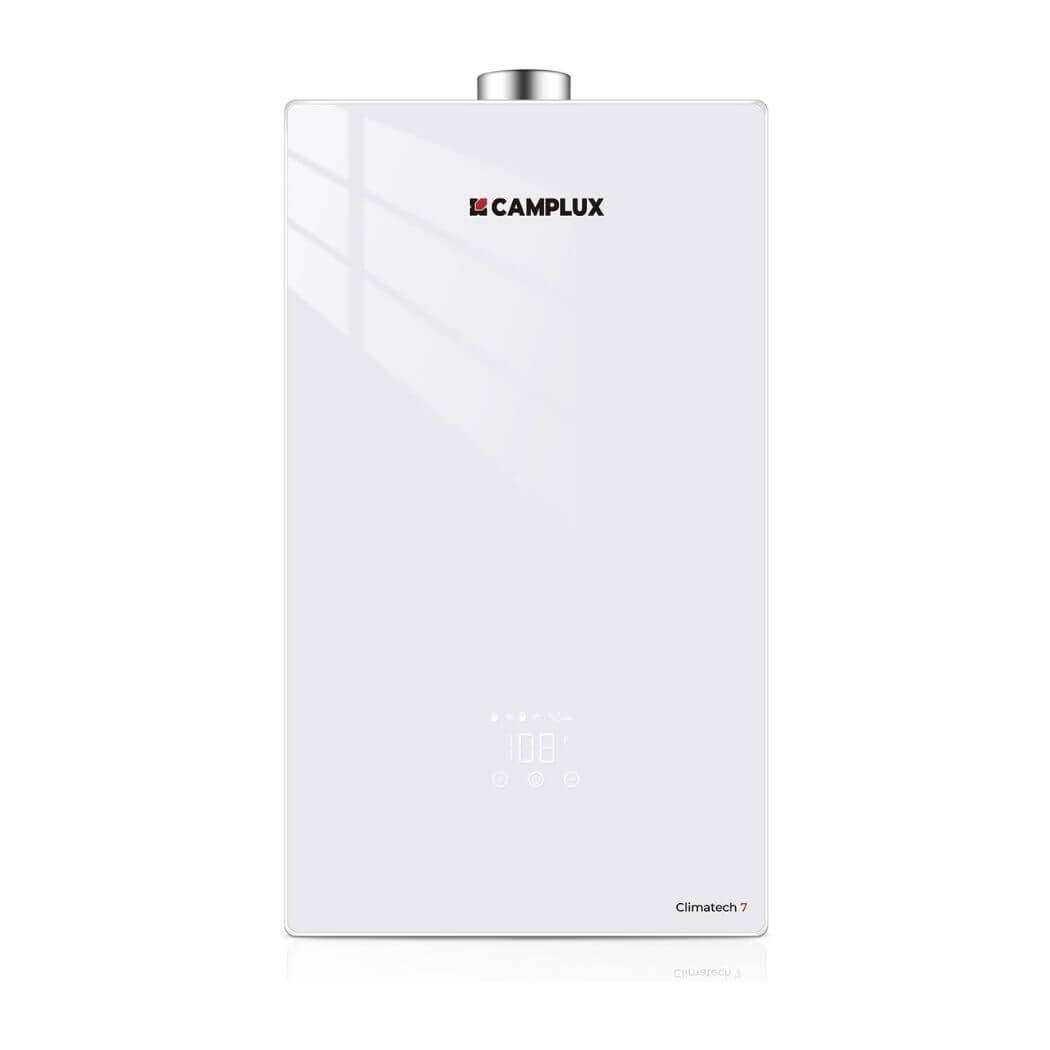
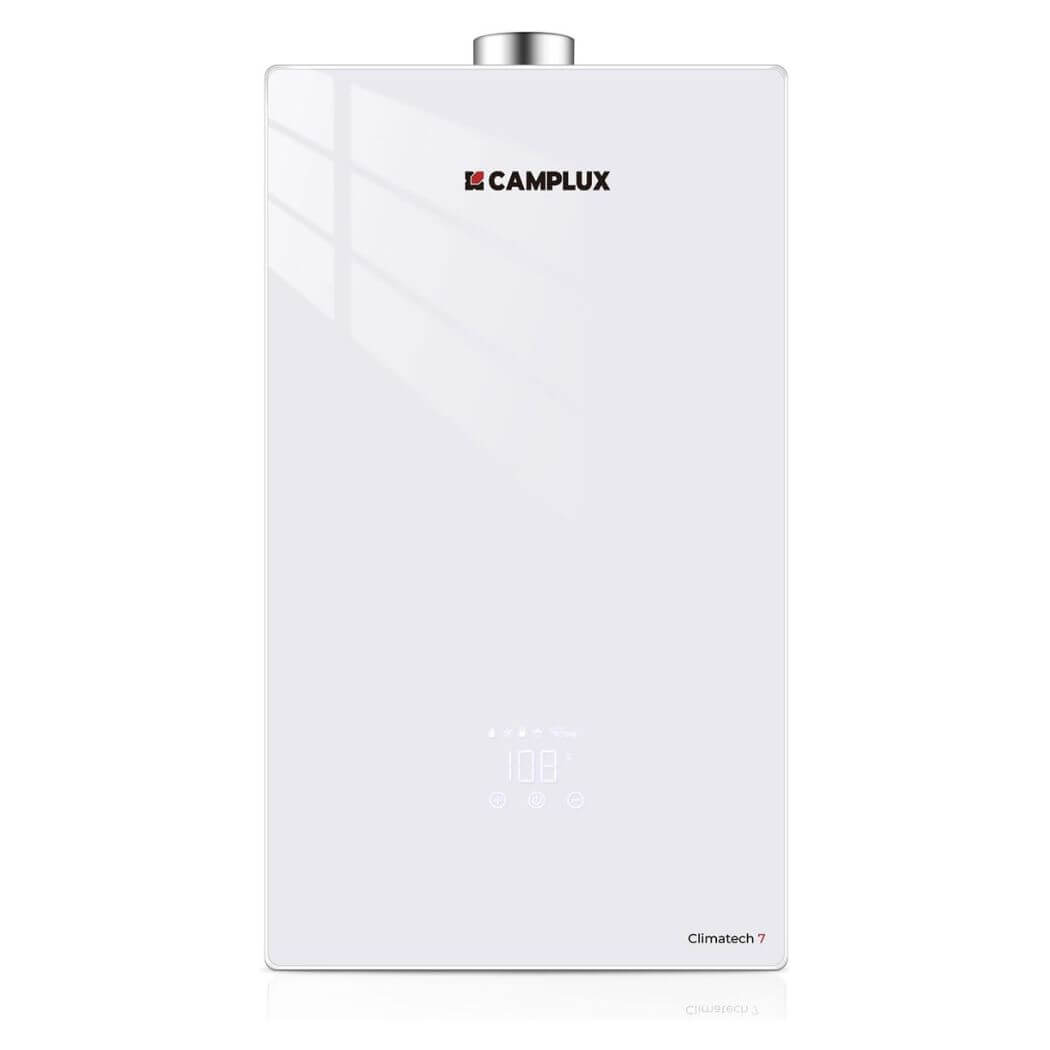
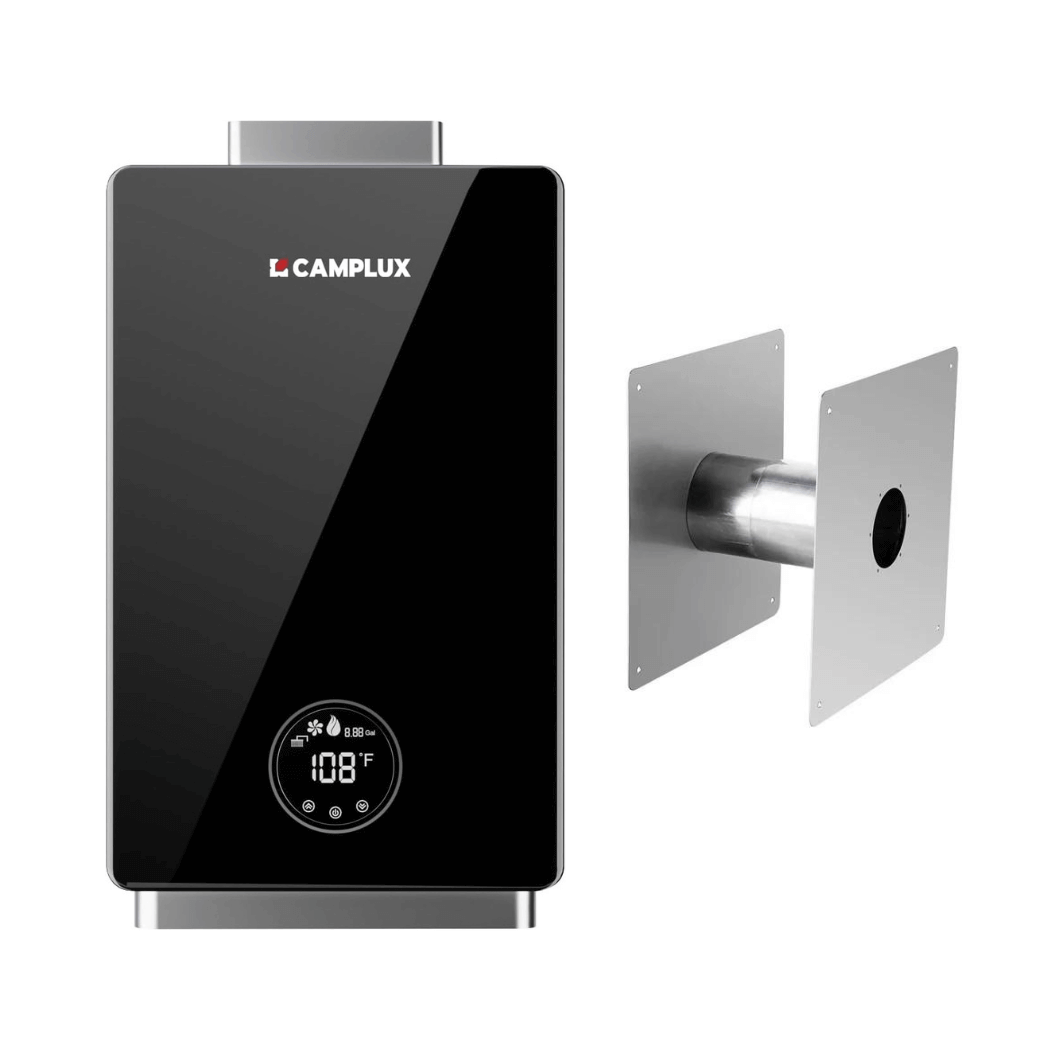
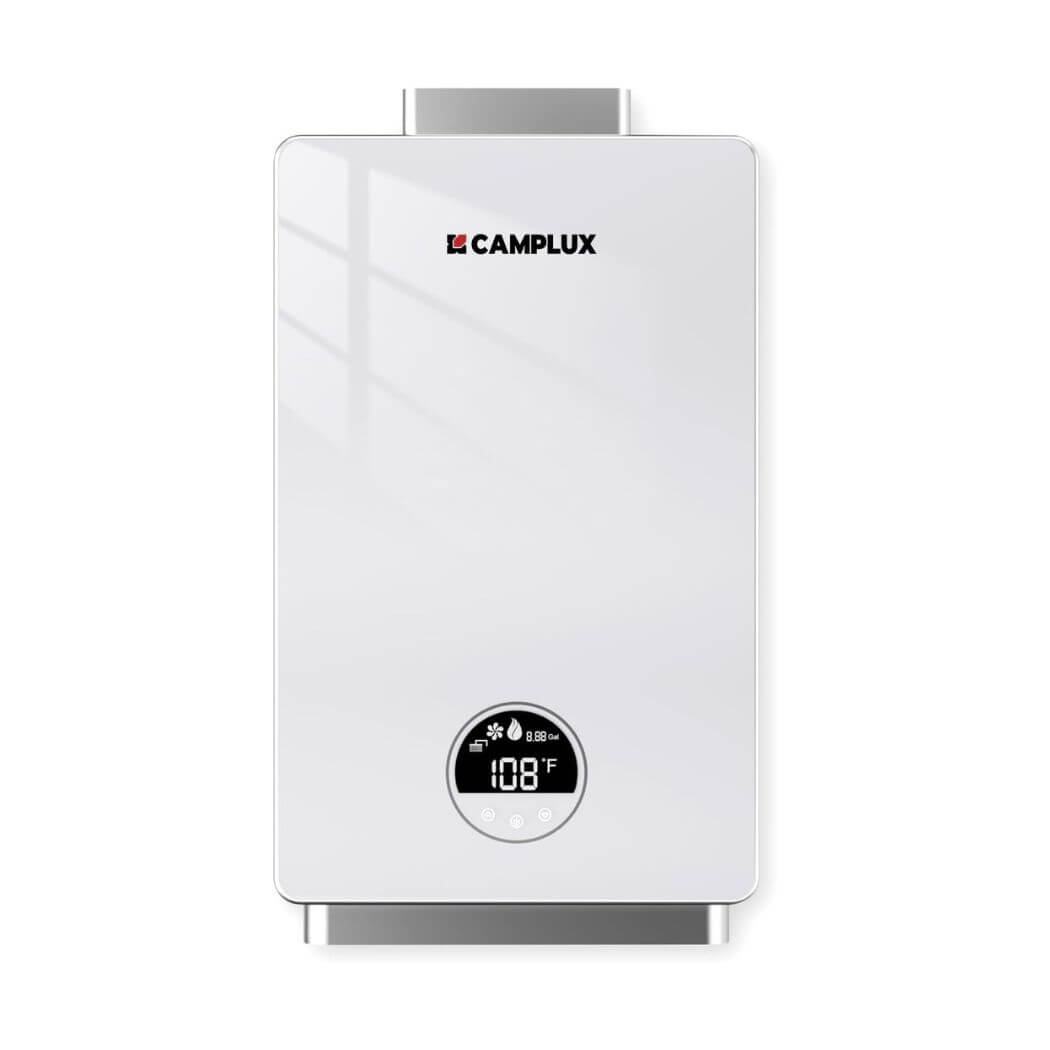
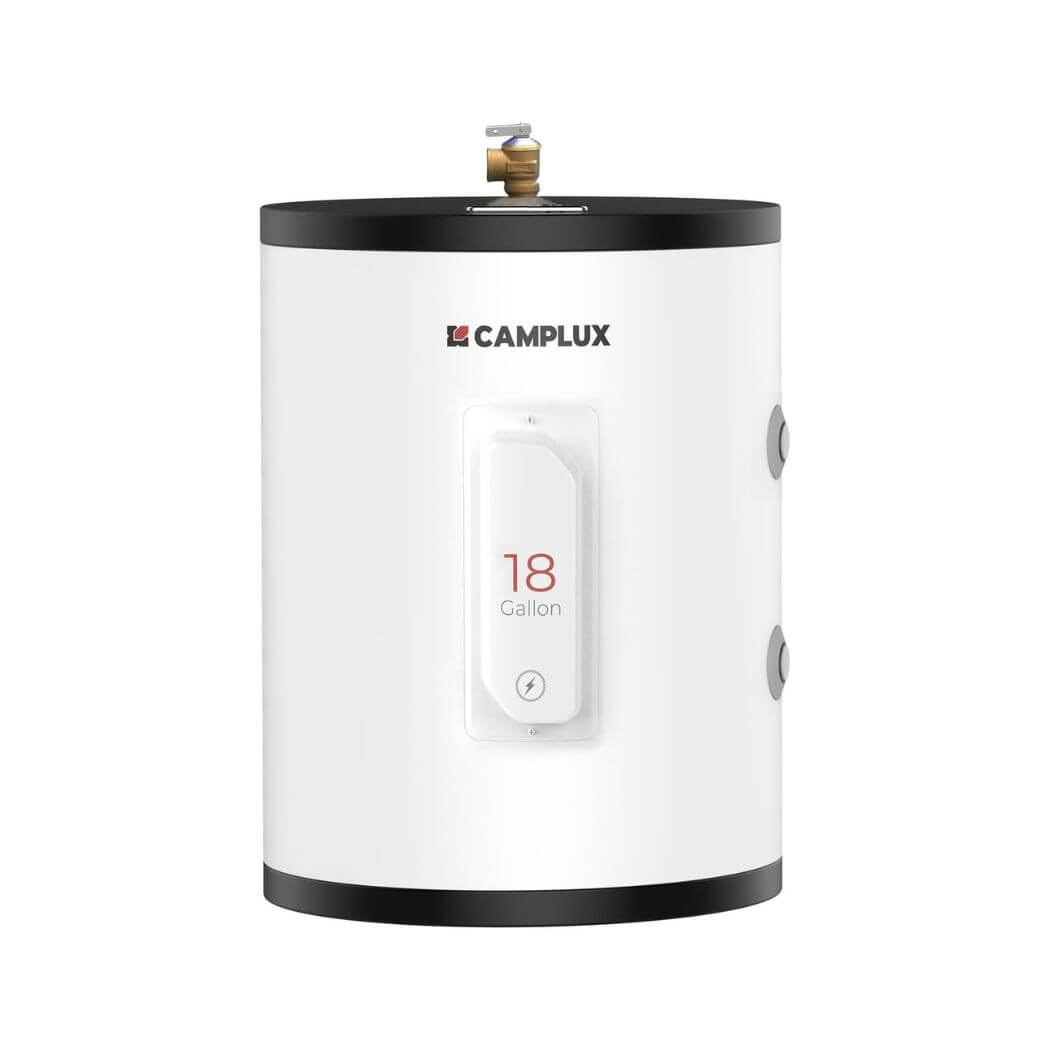
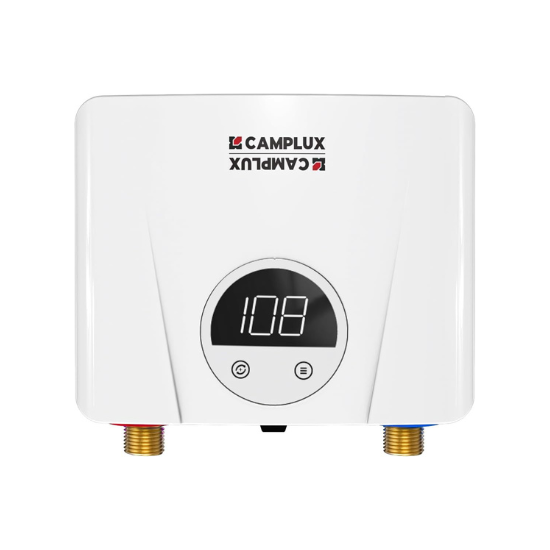
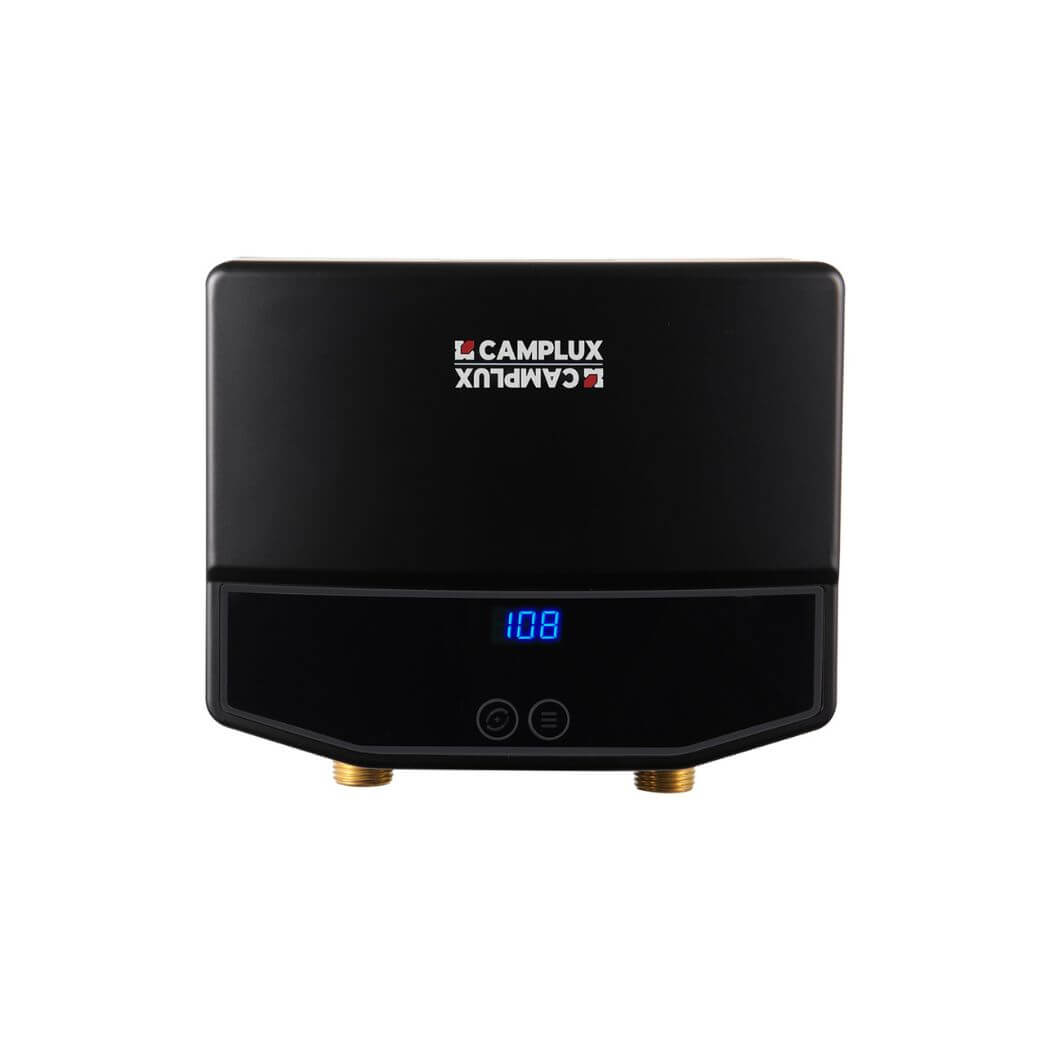
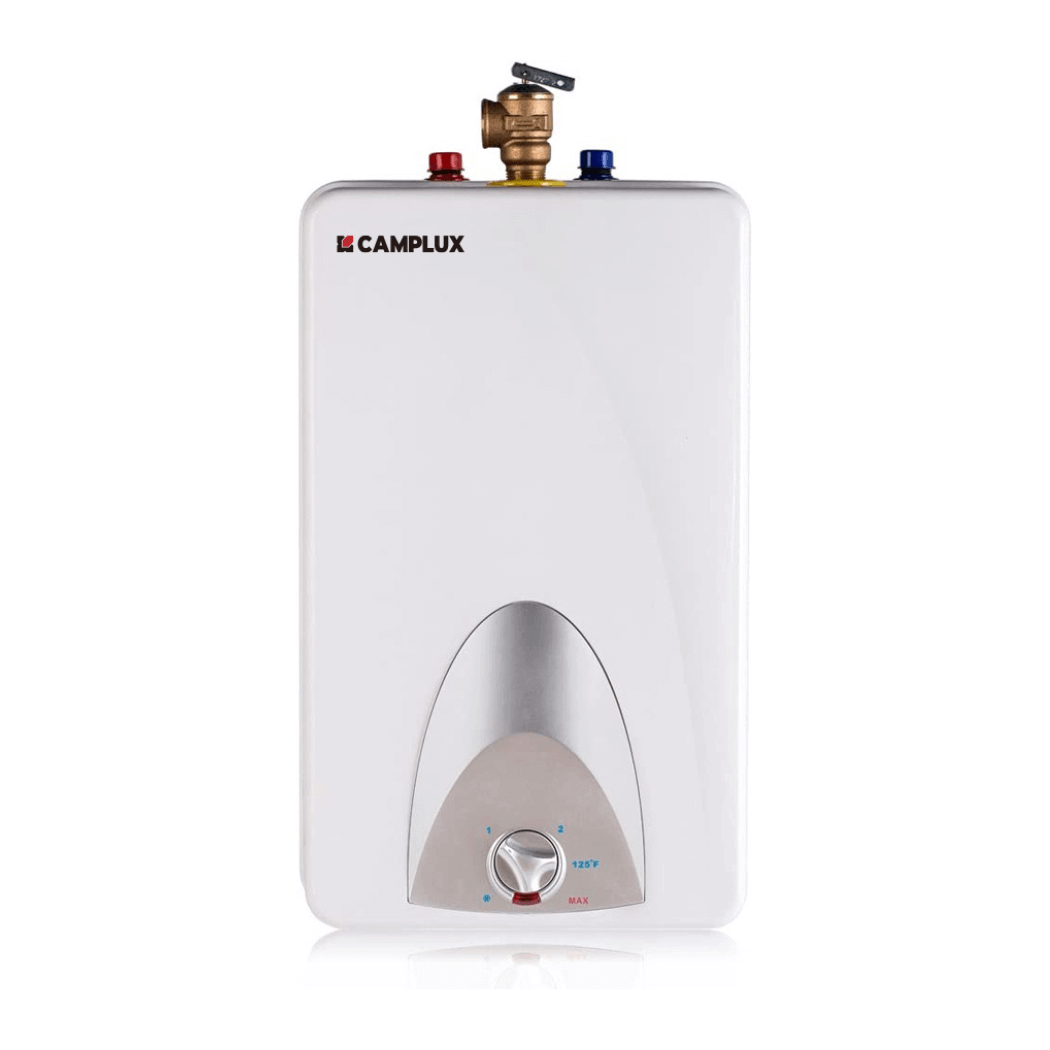
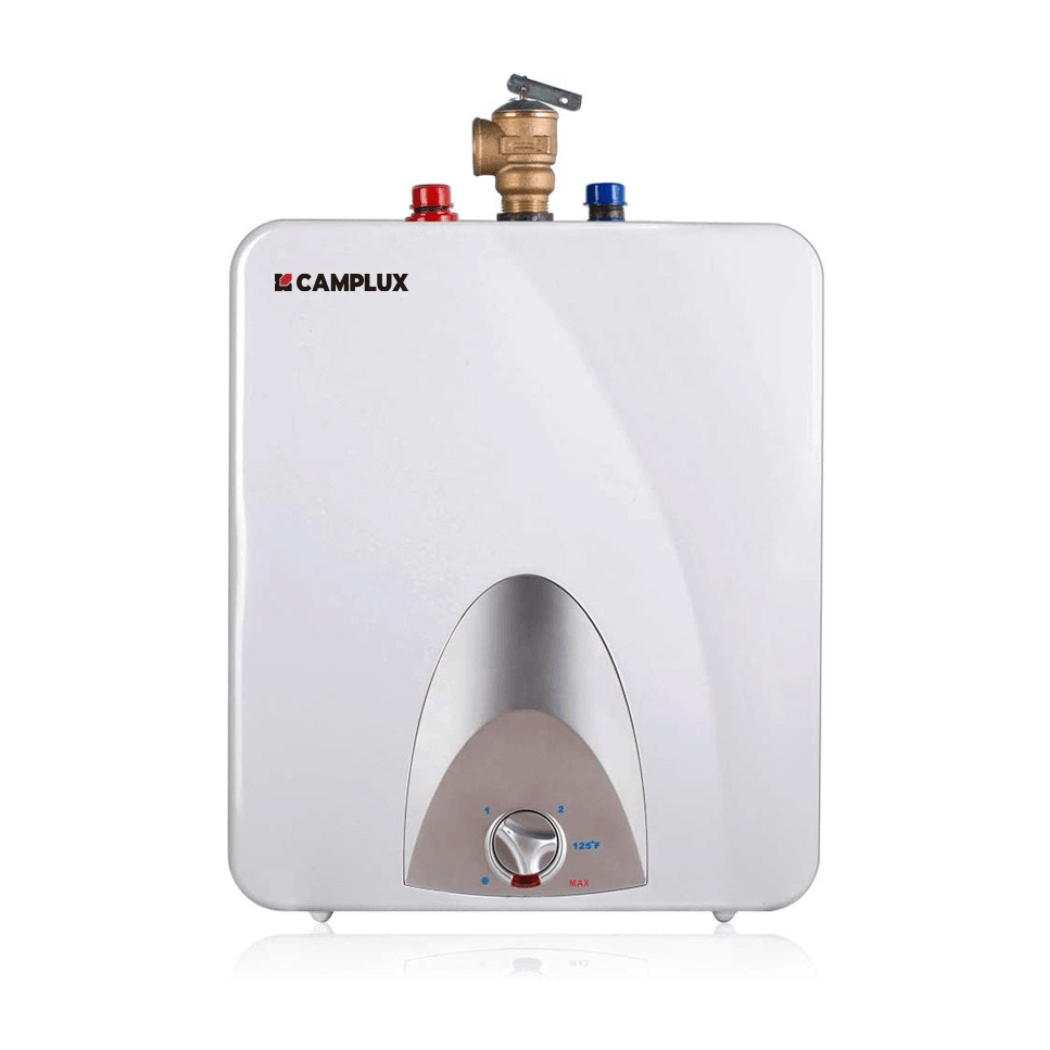
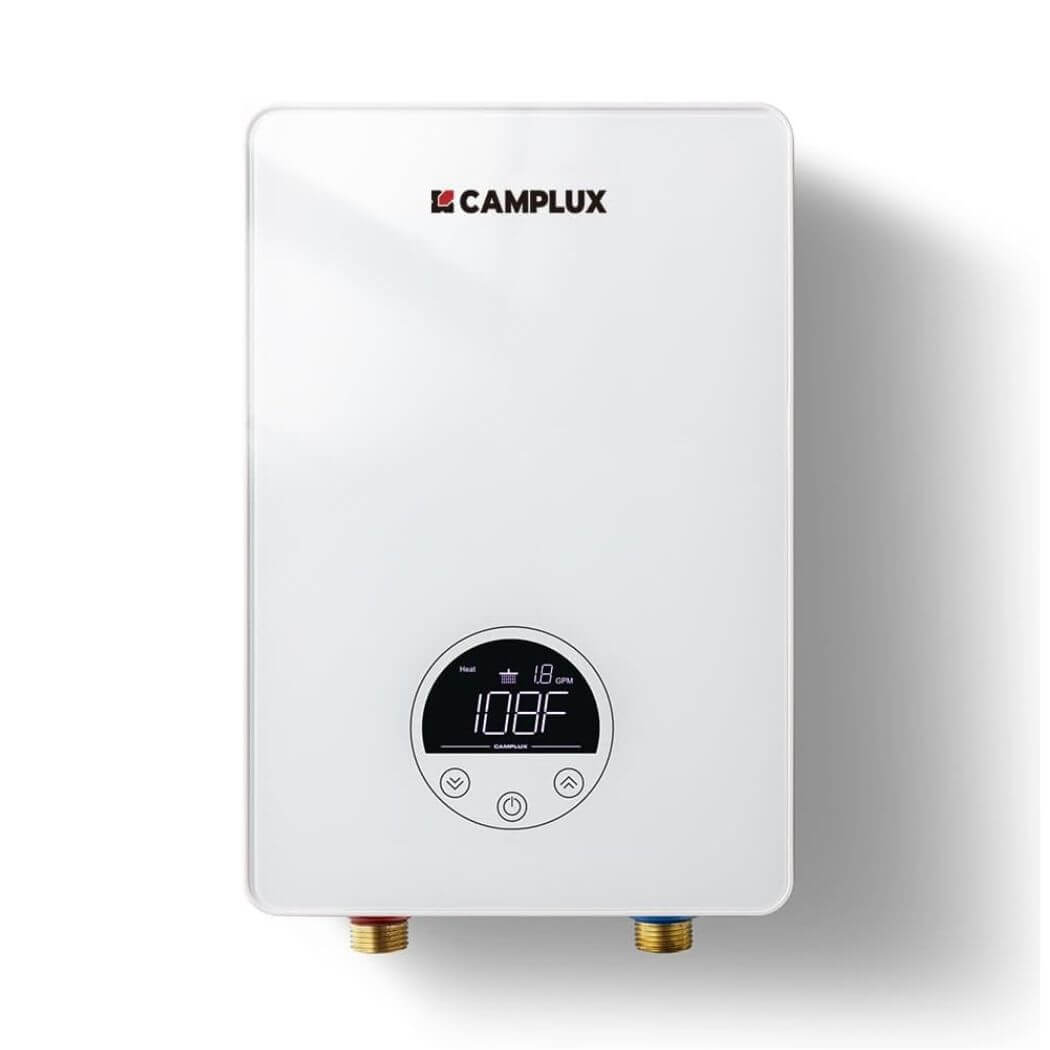
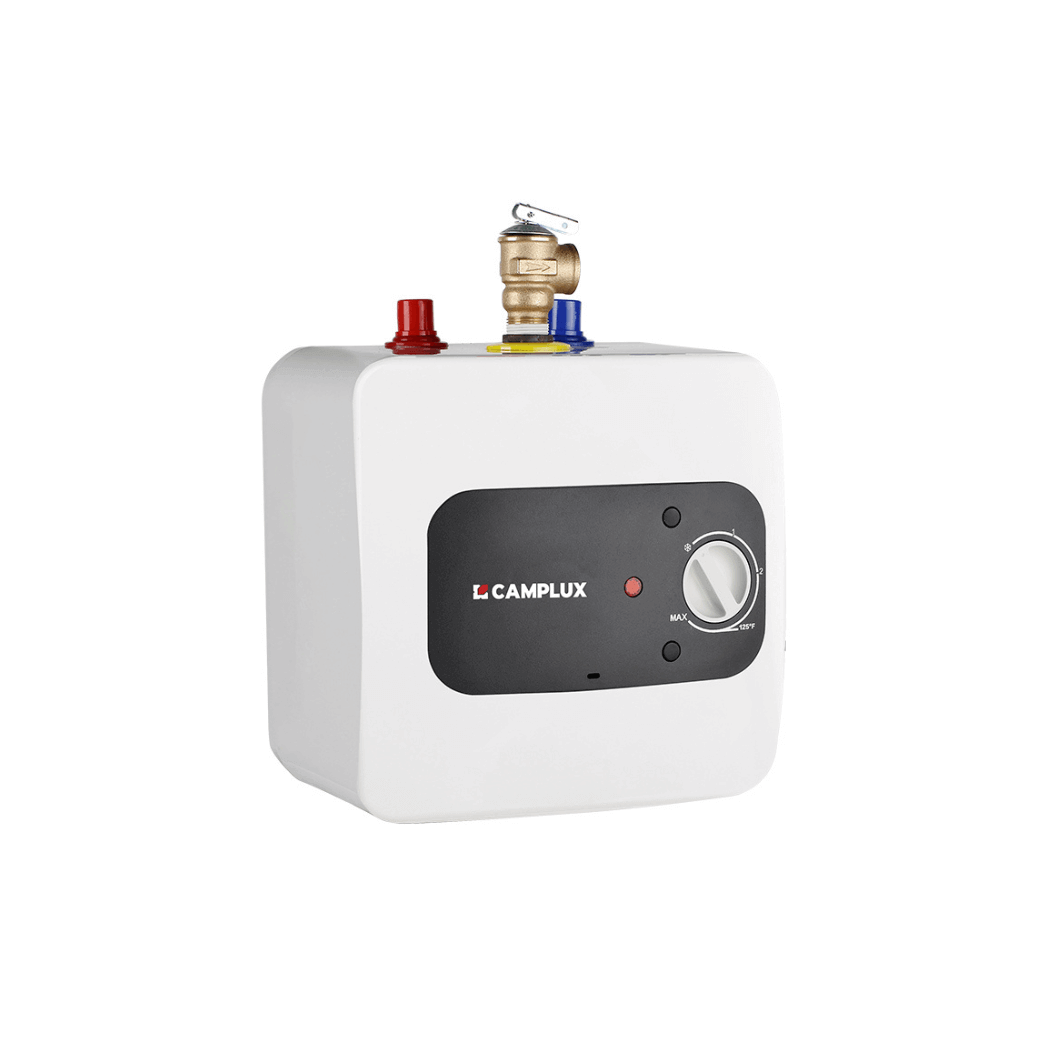
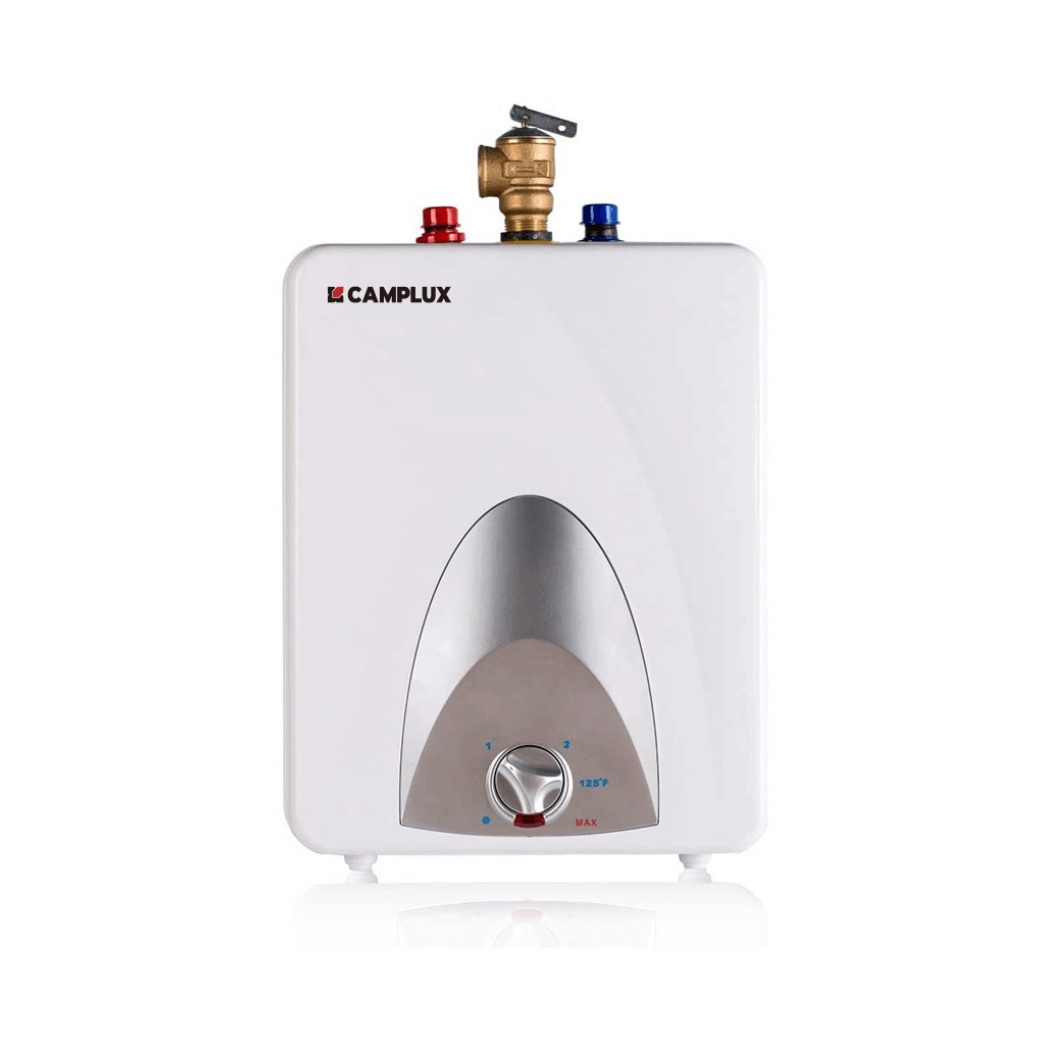
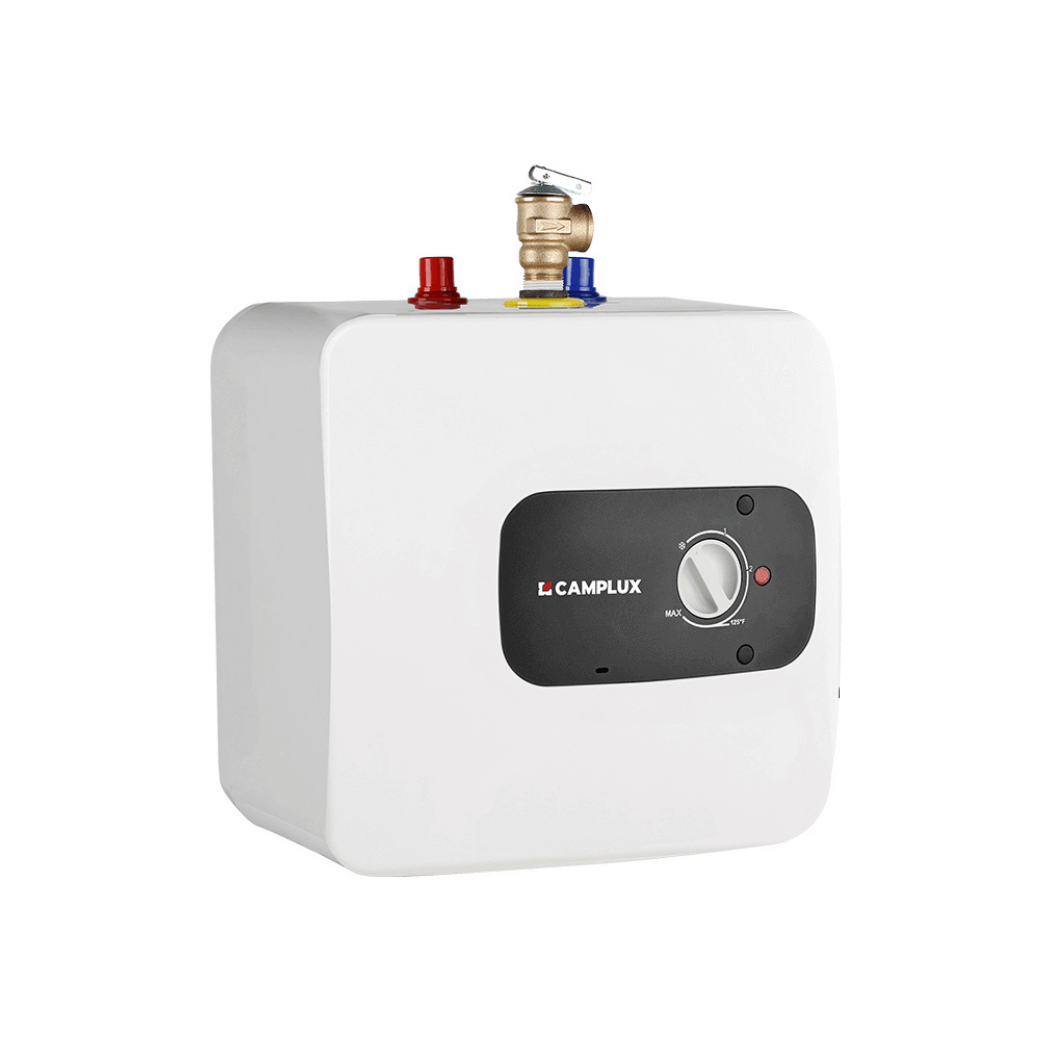
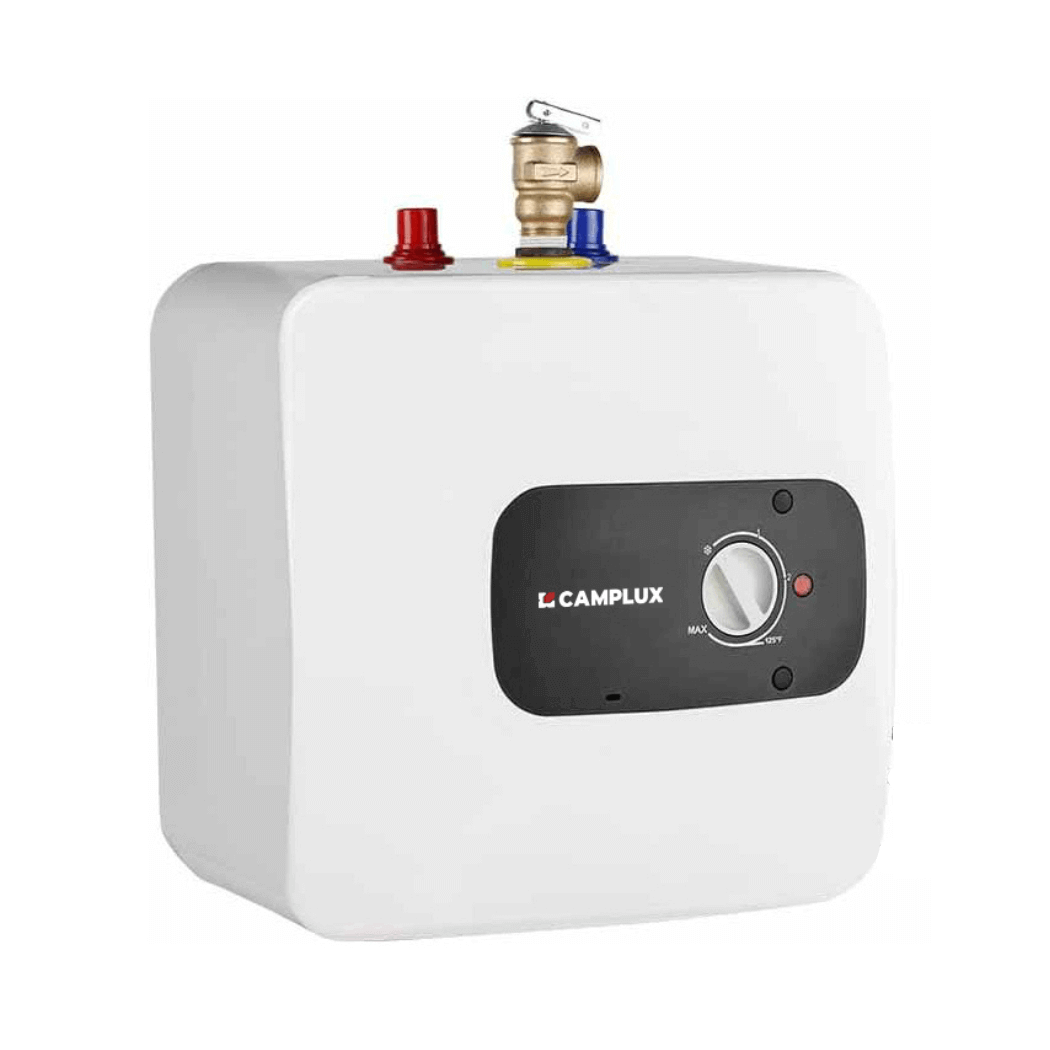
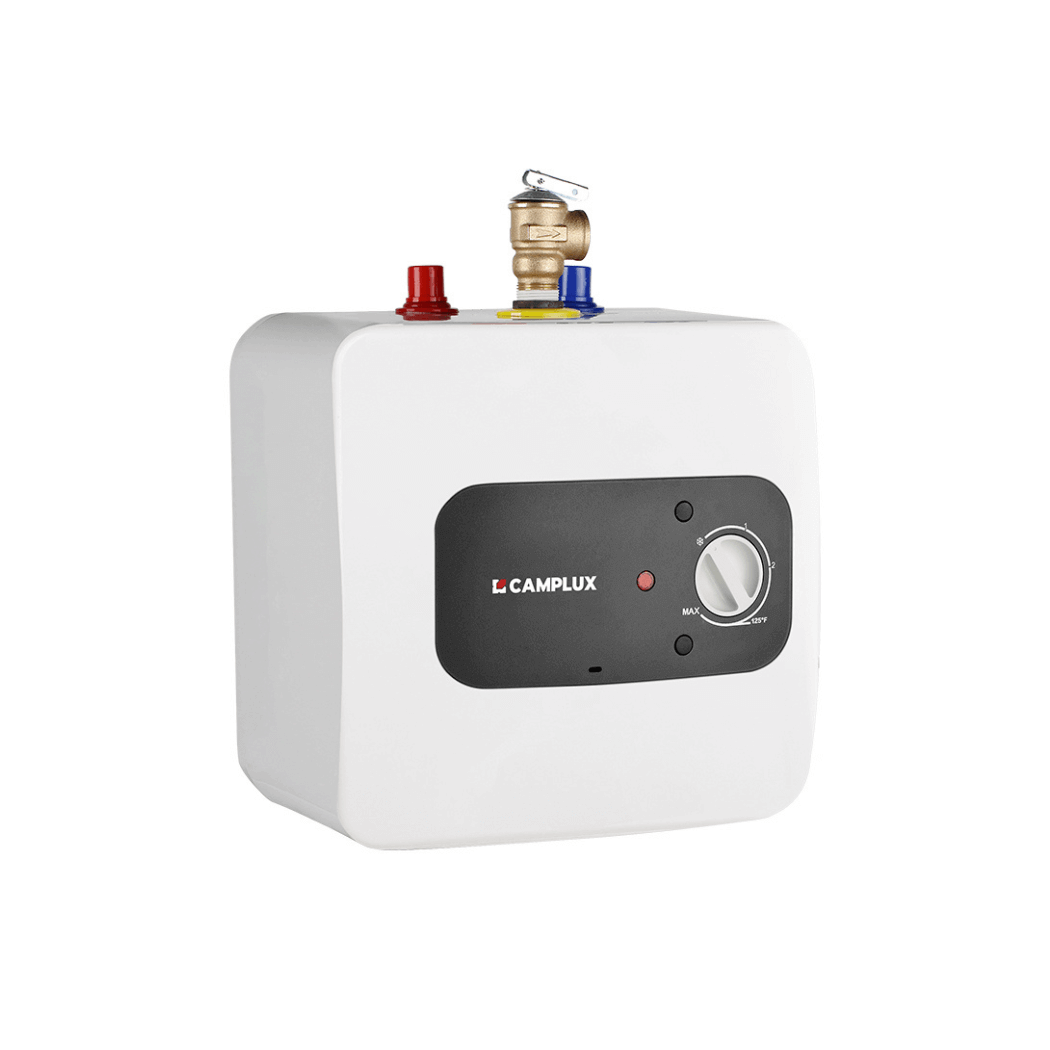
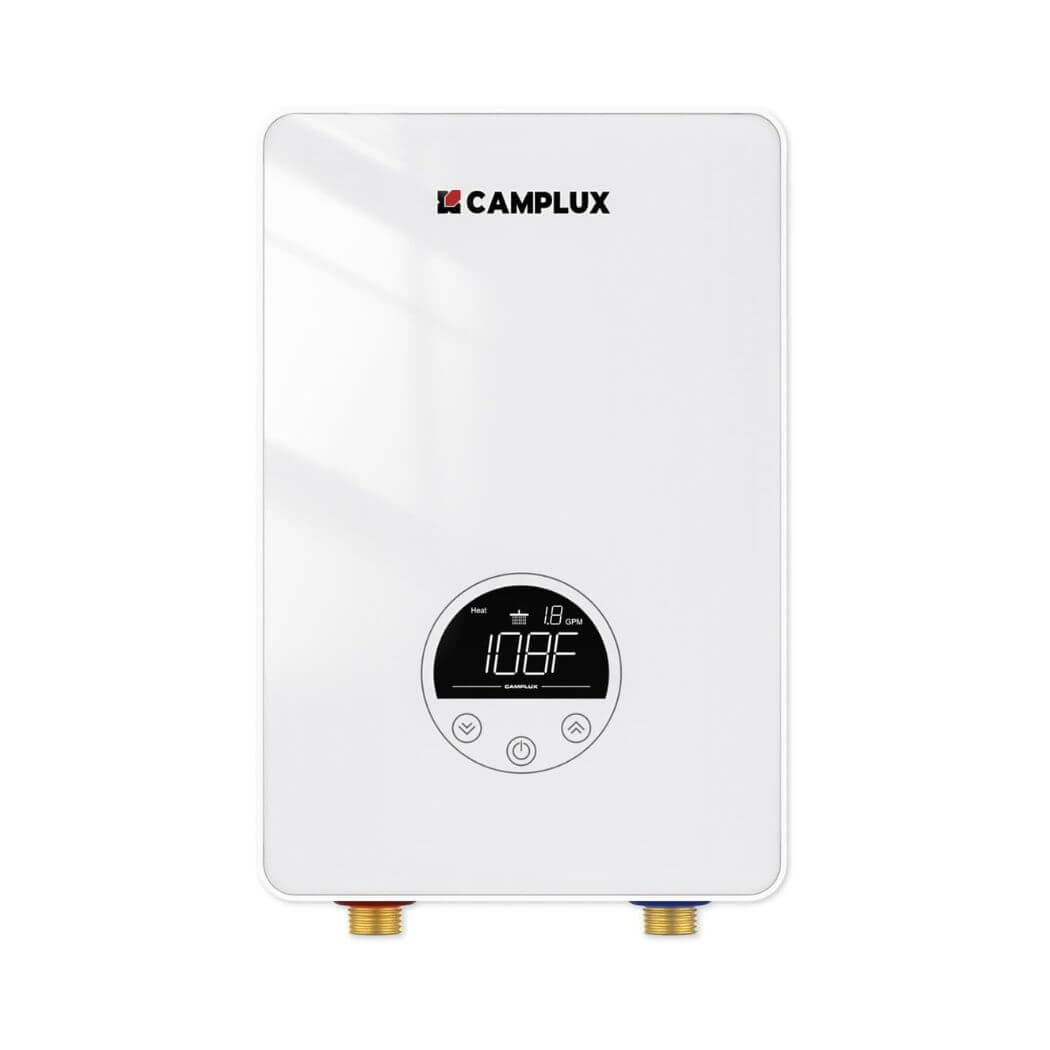
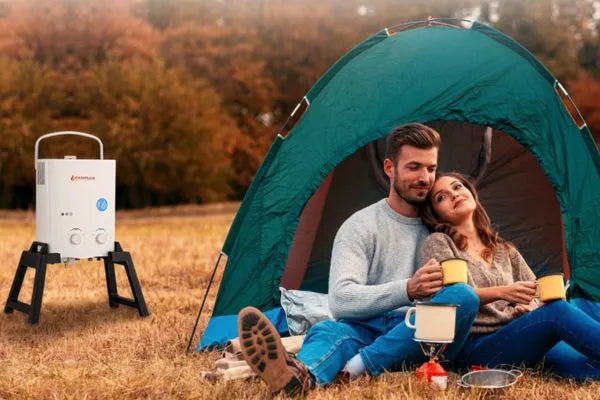
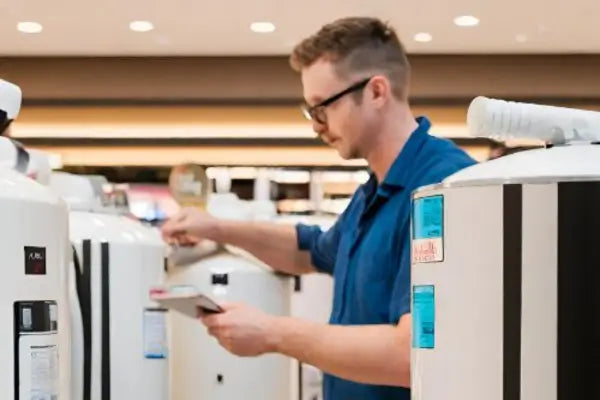
1 comment
David Malan
Commercial LED lighting suppliers play a pivotal role in providing energy-efficient solutions for businesses. Switching to LED lighting not only reduces electricity costs but also contributes to a greener environment by lowering carbon emissions. For businesses seeking reliable suppliers, ELWA Energy Savers stands out as a trusted partner, offering top-quality LED solutions tailored to various commercial needs.
In addition to their expertise in lighting, ELWA Energy Savers also provides insights into energy-saving appliances like the best electric hot water systems. These systems are essential for reducing energy consumption while maintaining superior performance. Businesses and homeowners alike benefit from investing in such efficient products, especially when sourced from a reputable supplier.
ELWA Energy Savers combines innovation with practicality, helping clients optimise energy use across different applications. Whether you’re upgrading lighting or installing an efficient hot water system, ELWA Energy Savers delivers excellence every step of the way.
https://www.elwa.com.au/
Commercial LED lighting suppliers play a pivotal role in providing energy-efficient solutions for businesses. Switching to LED lighting not only reduces electricity costs but also contributes to a greener environment by lowering carbon emissions. For businesses seeking reliable suppliers, ELWA Energy Savers stands out as a trusted partner, offering top-quality LED solutions tailored to various commercial needs.
In addition to their expertise in lighting, ELWA Energy Savers also provides insights into energy-saving appliances like the best electric hot water systems. These systems are essential for reducing energy consumption while maintaining superior performance. Businesses and homeowners alike benefit from investing in such efficient products, especially when sourced from a reputable supplier.
ELWA Energy Savers combines innovation with practicality, helping clients optimise energy use across different applications. Whether you’re upgrading lighting or installing an efficient hot water system, ELWA Energy Savers delivers excellence every step of the way.
https://www.elwa.com.au/